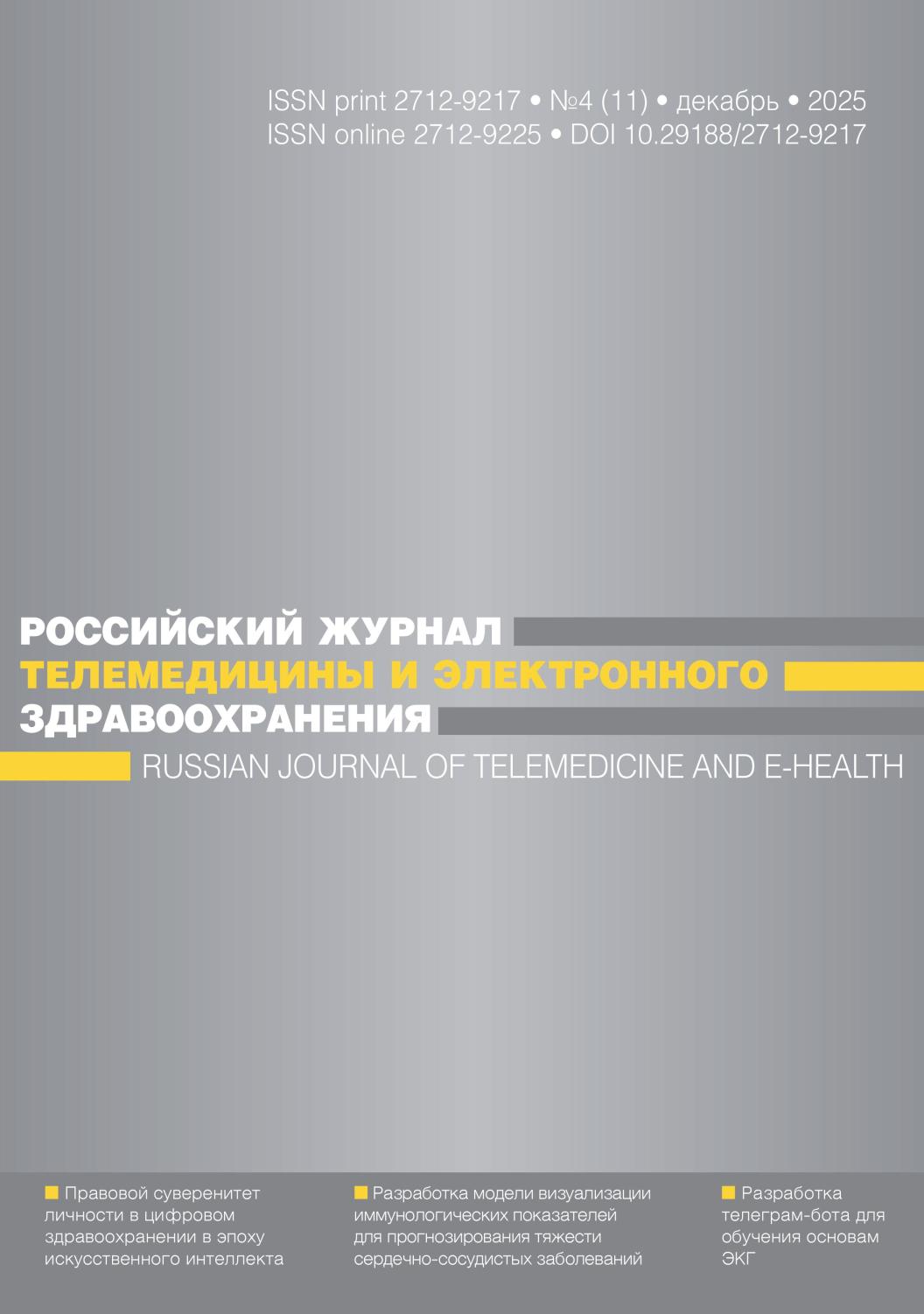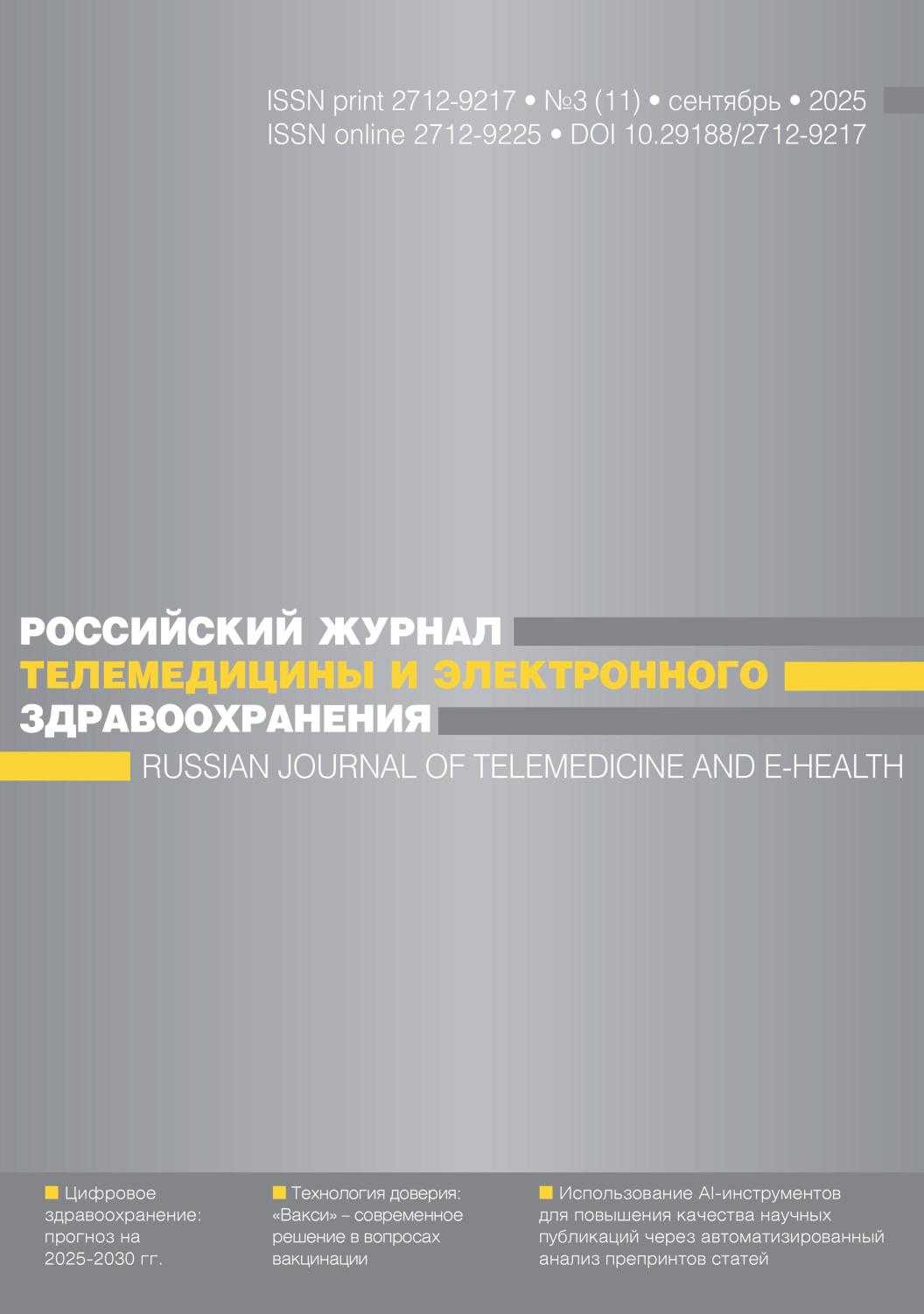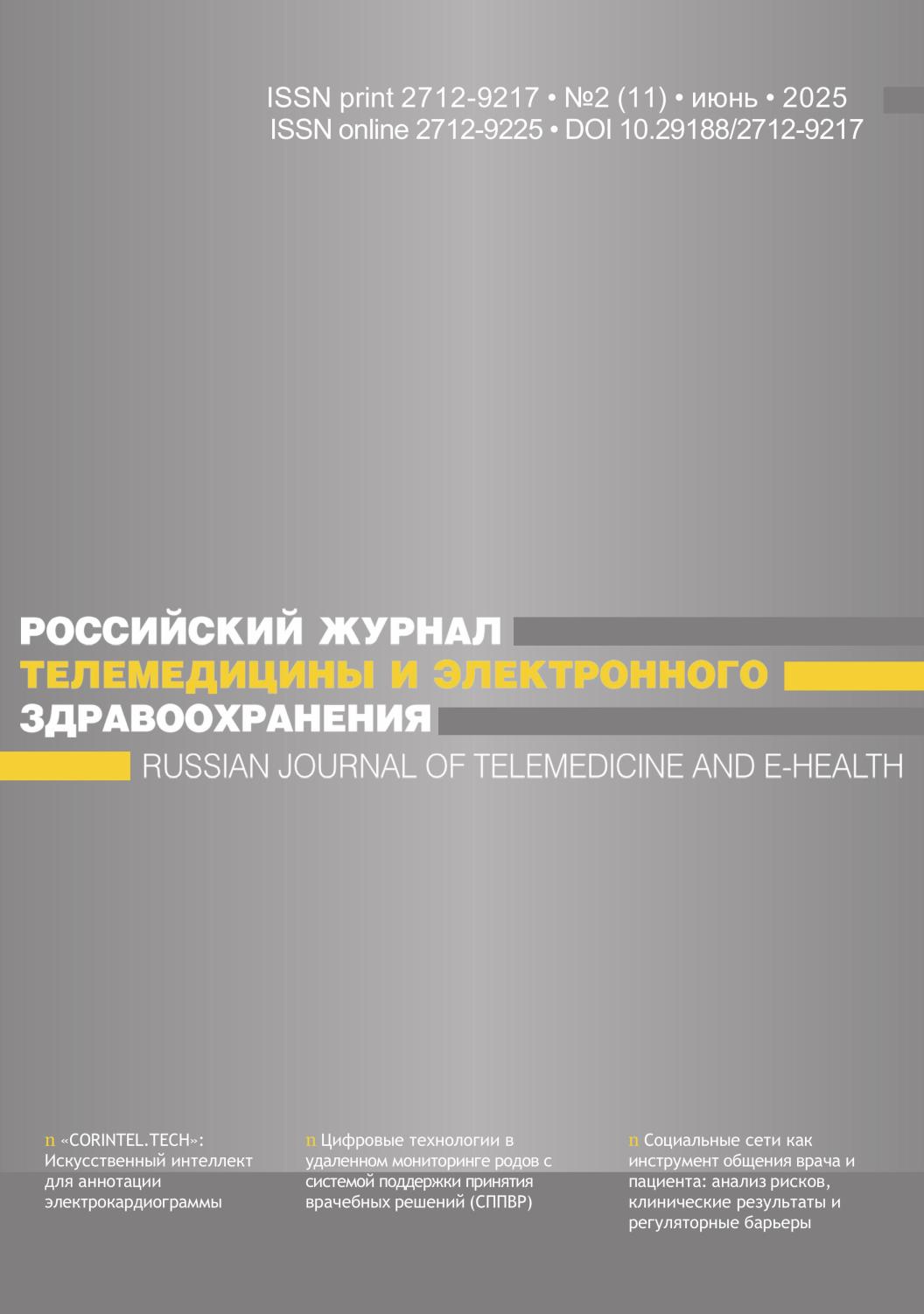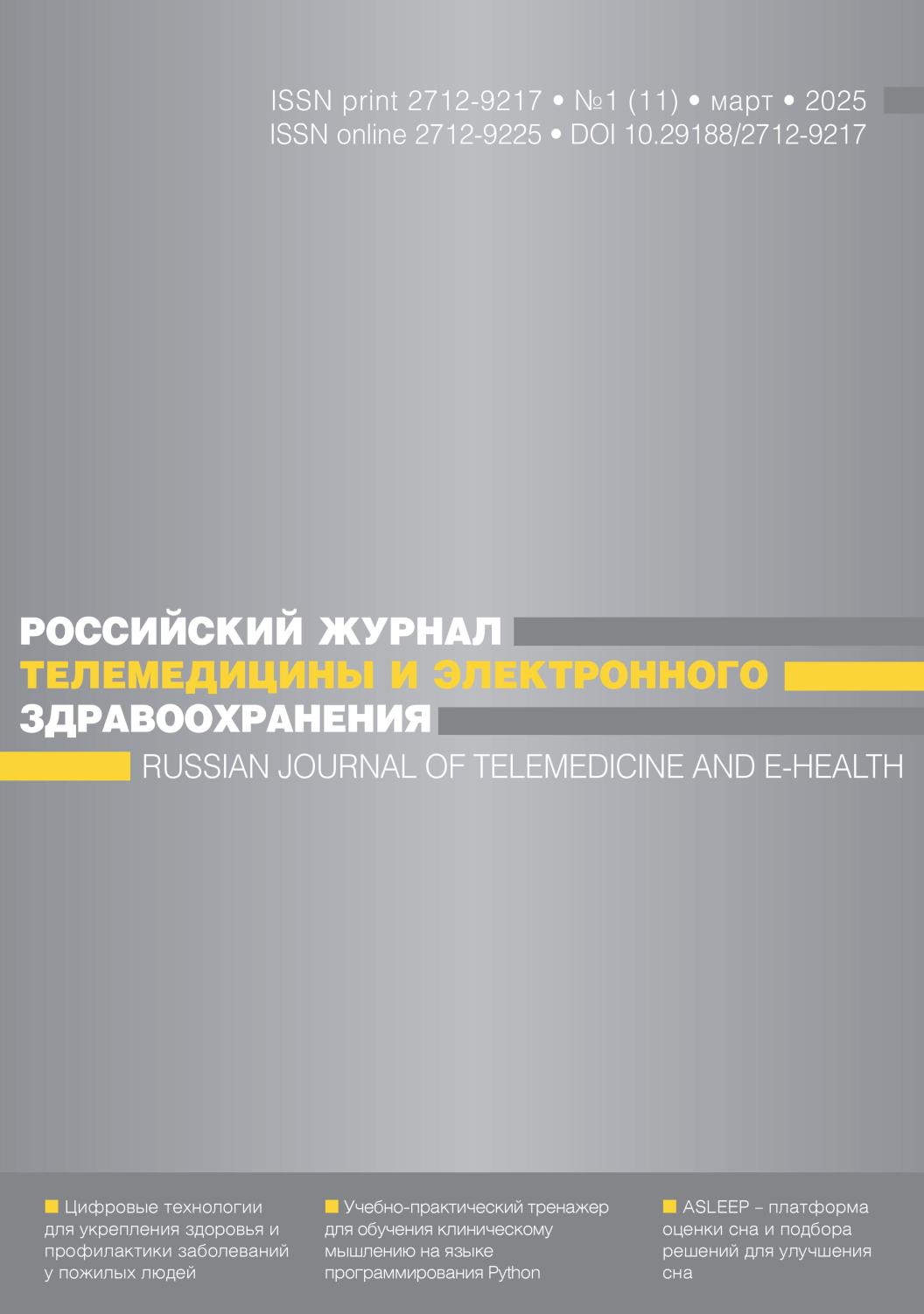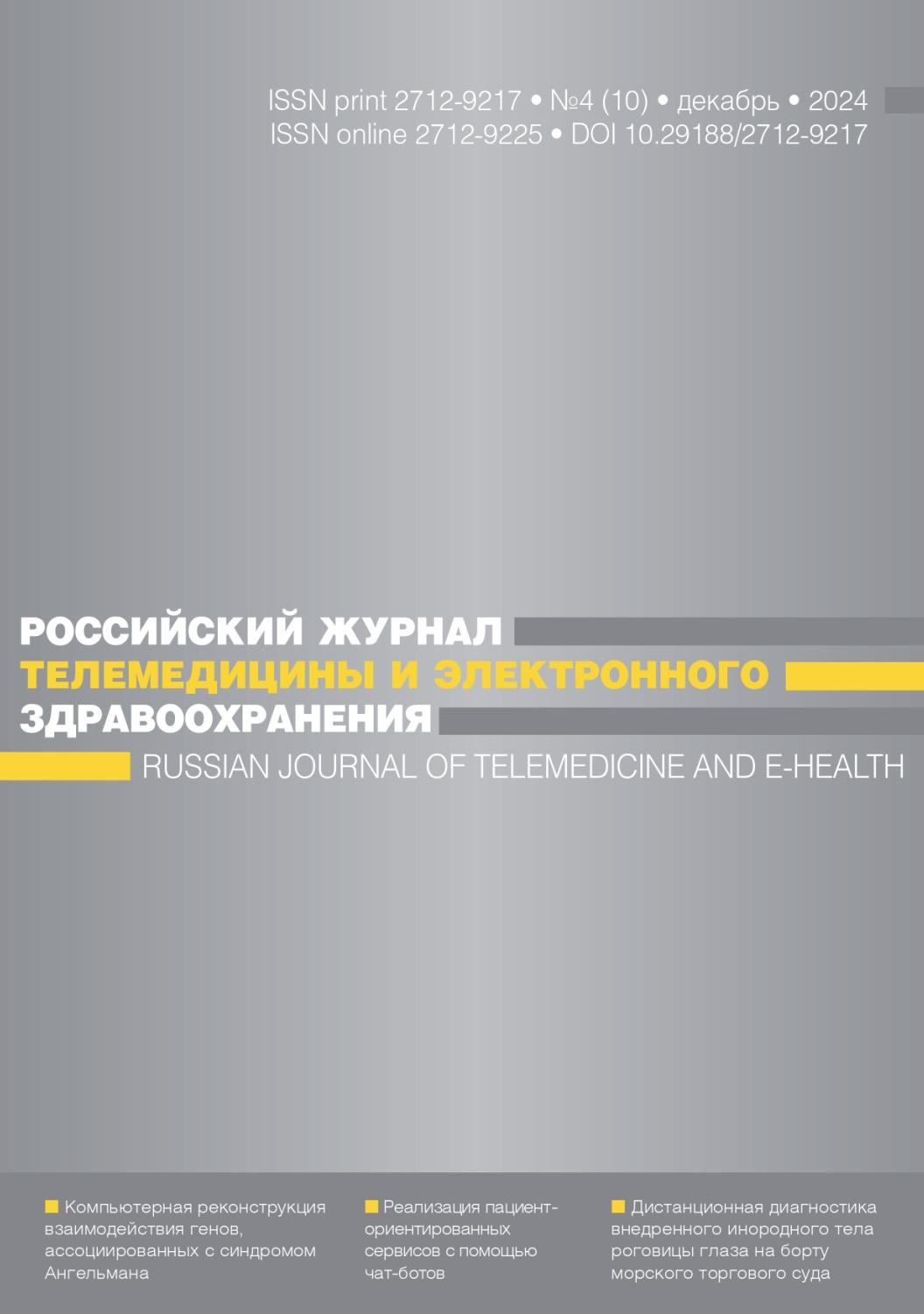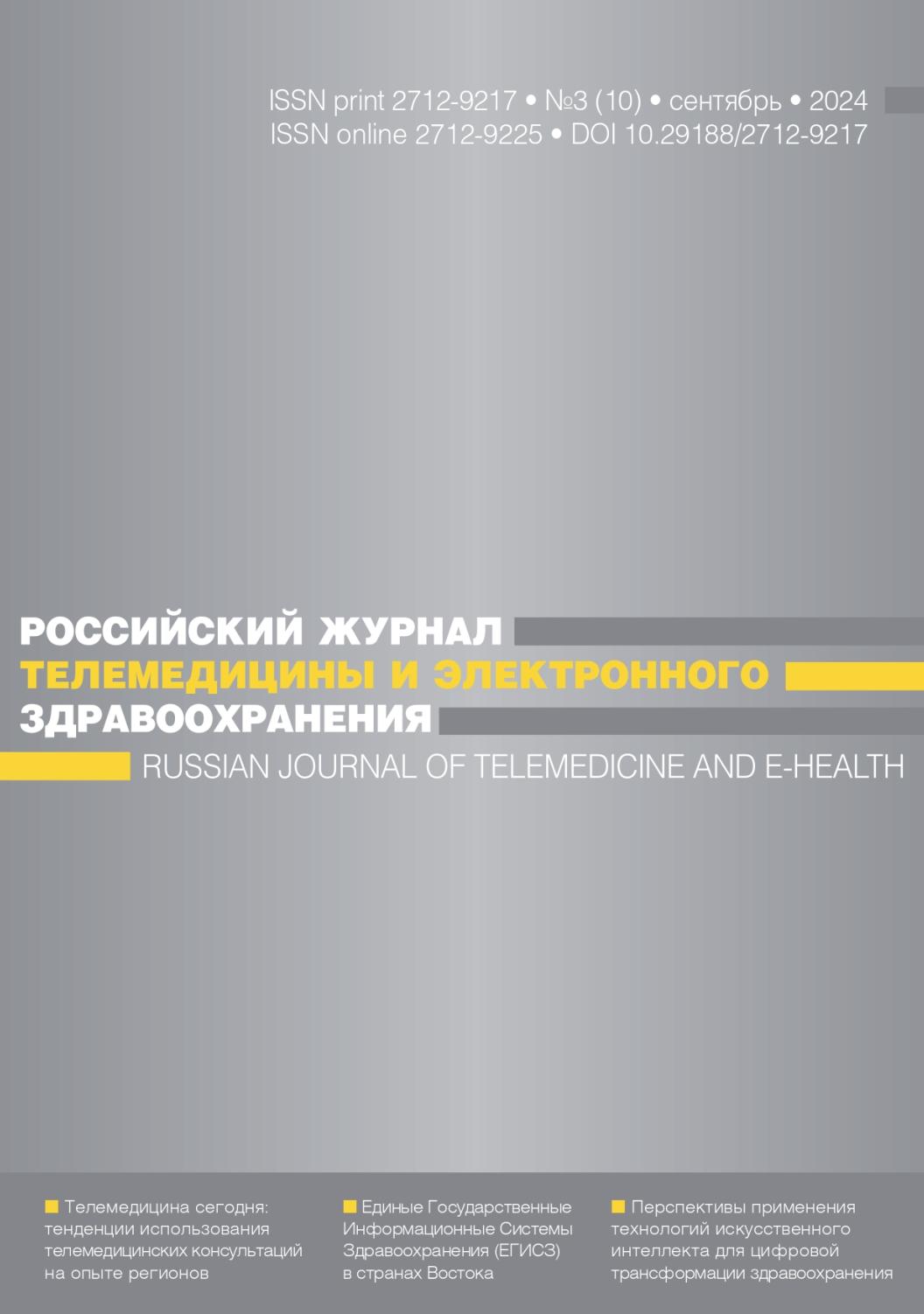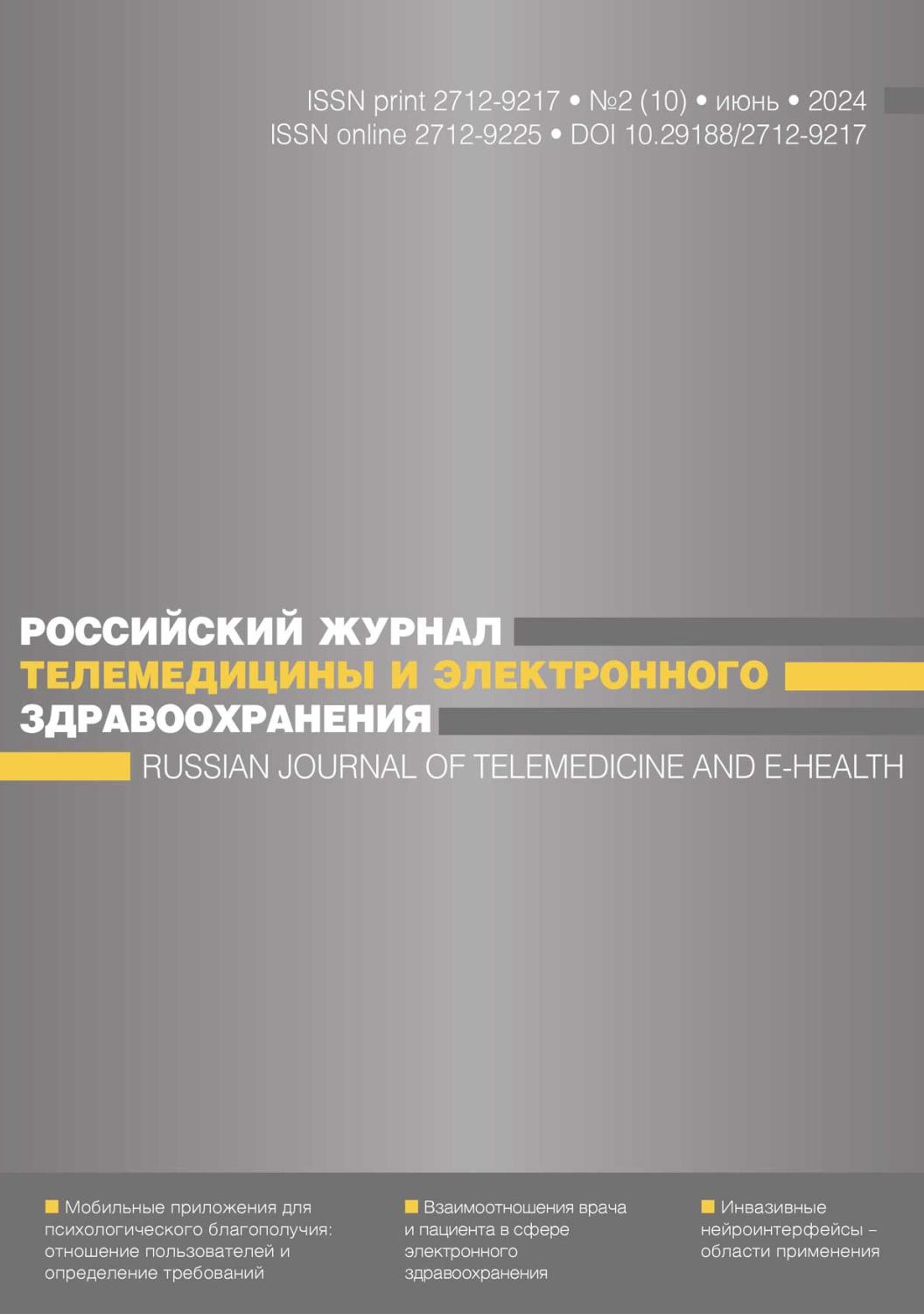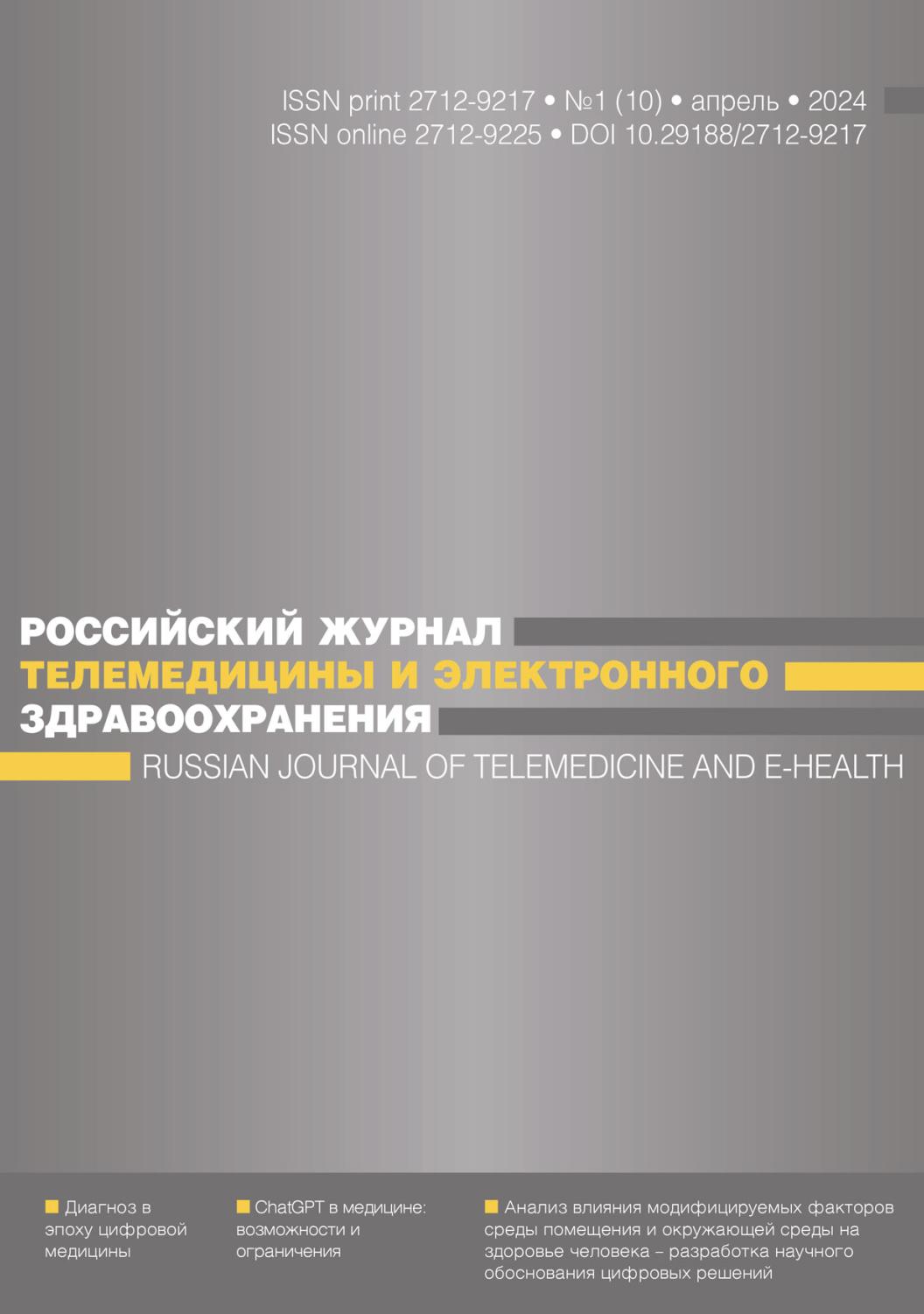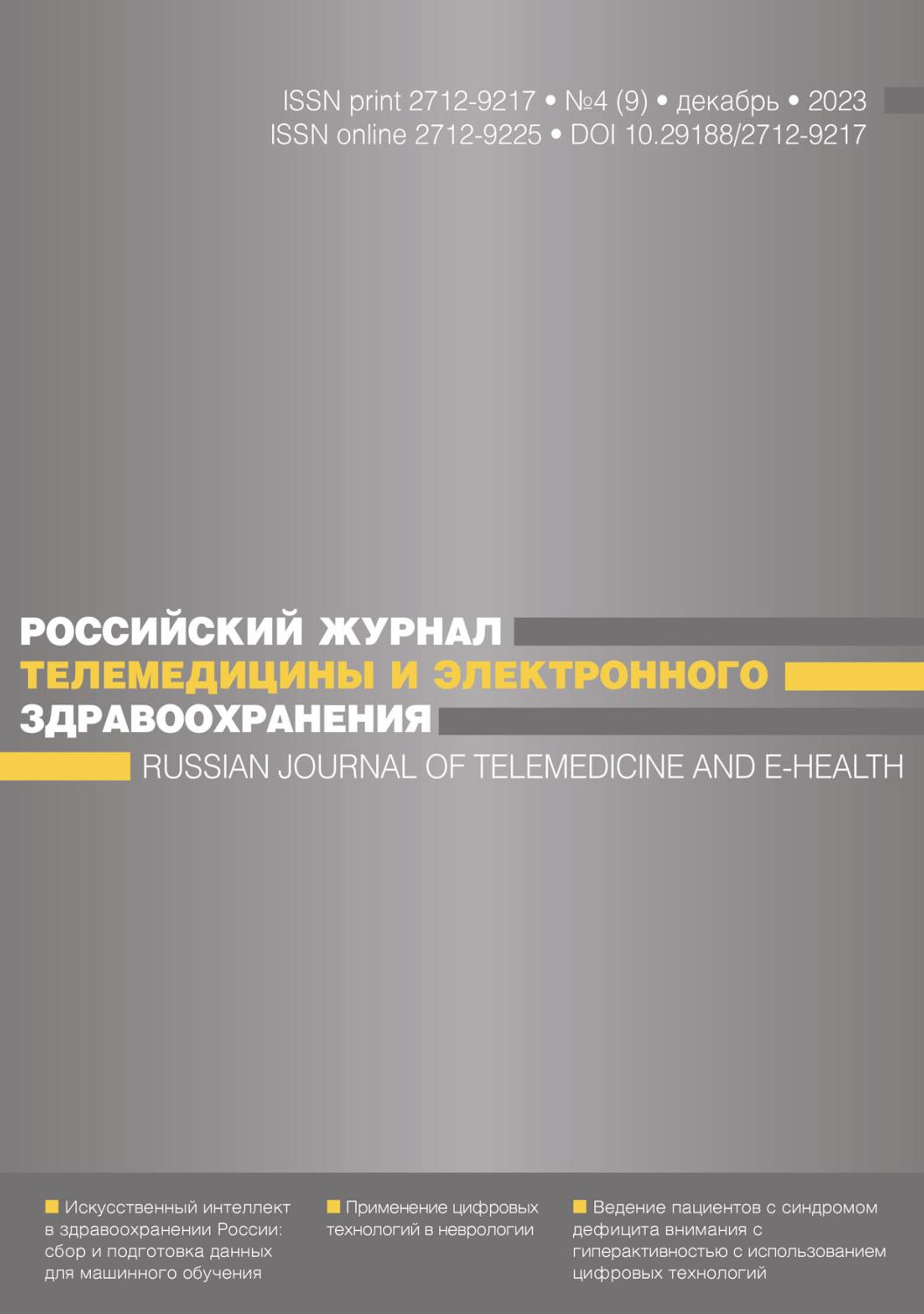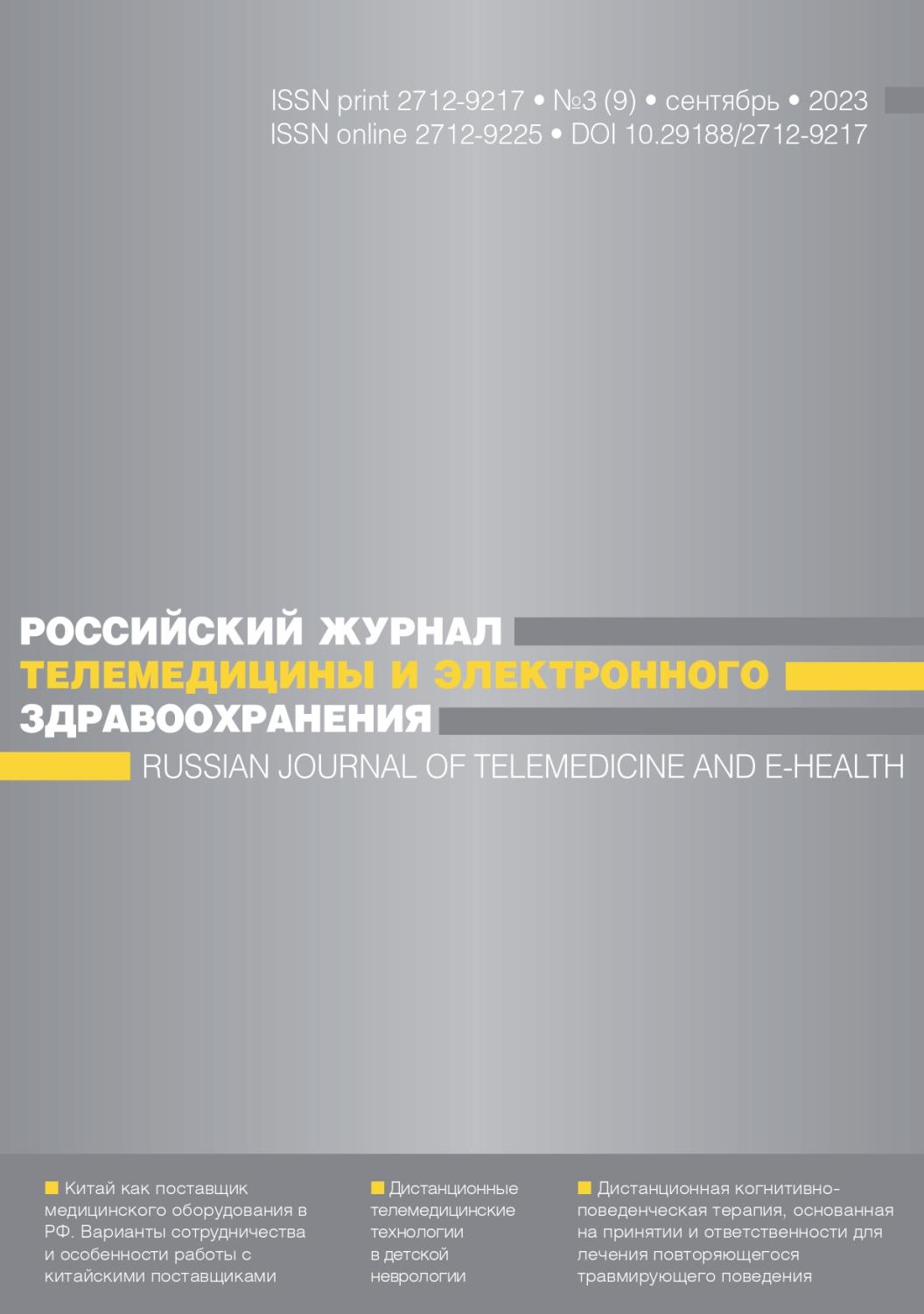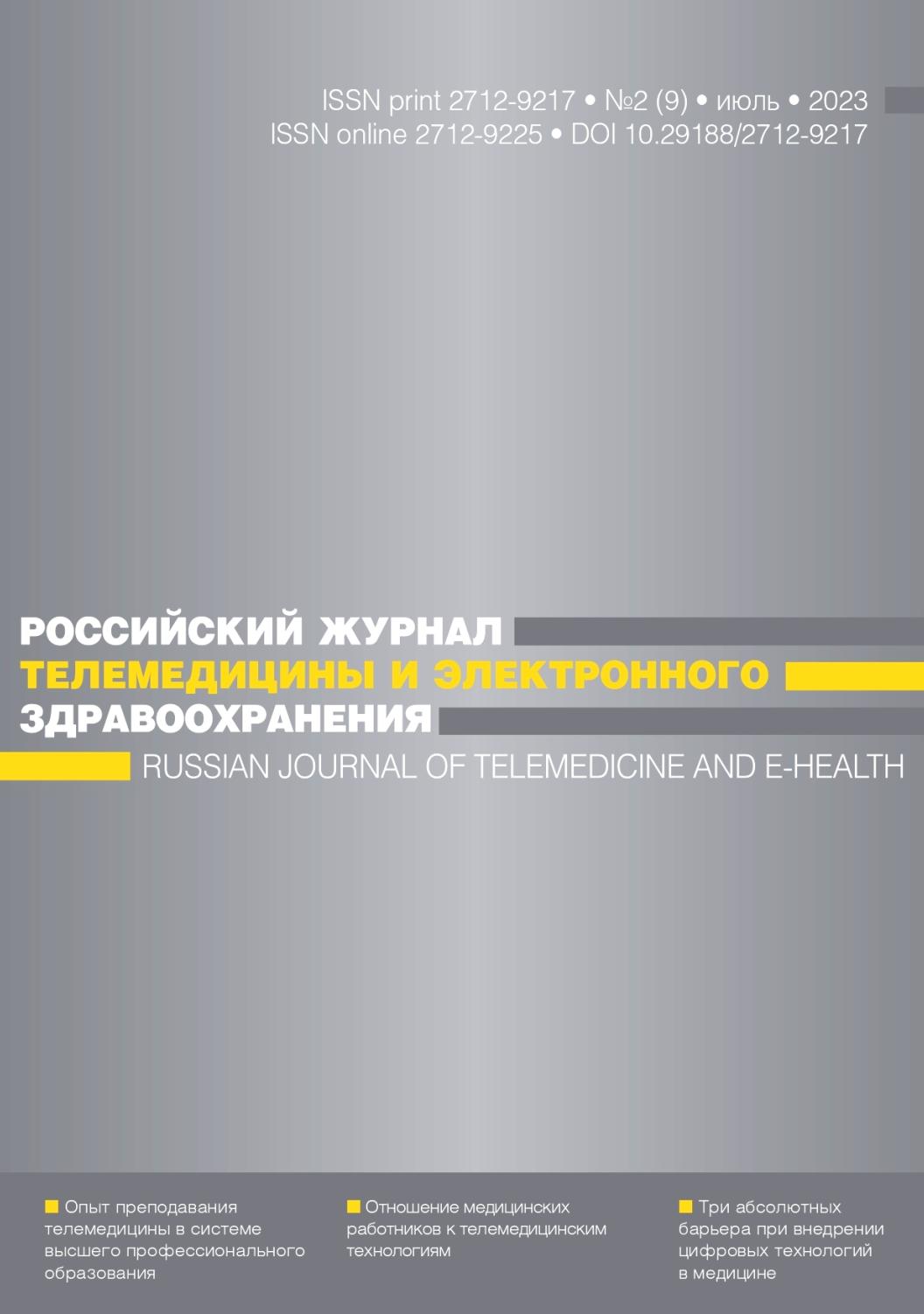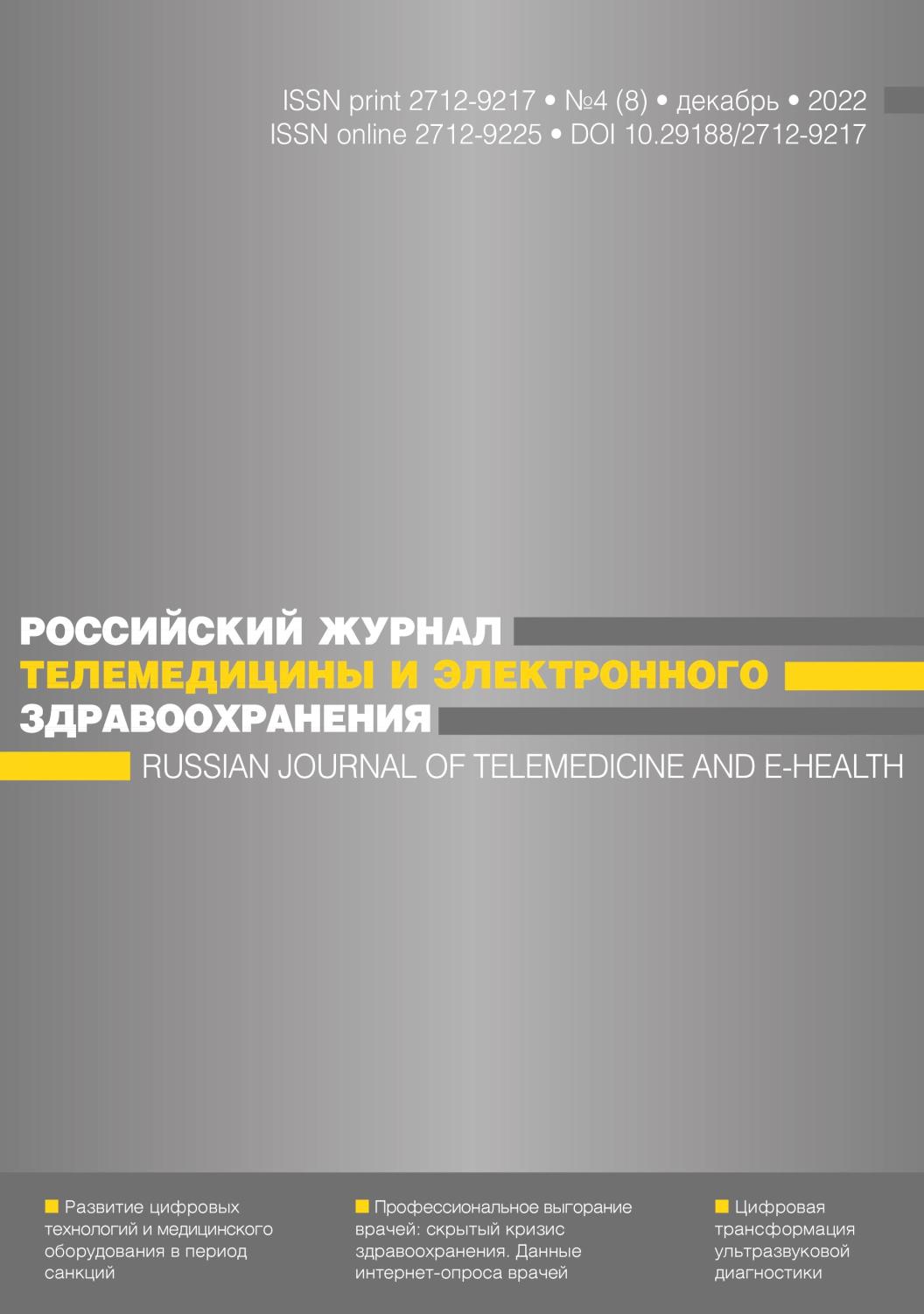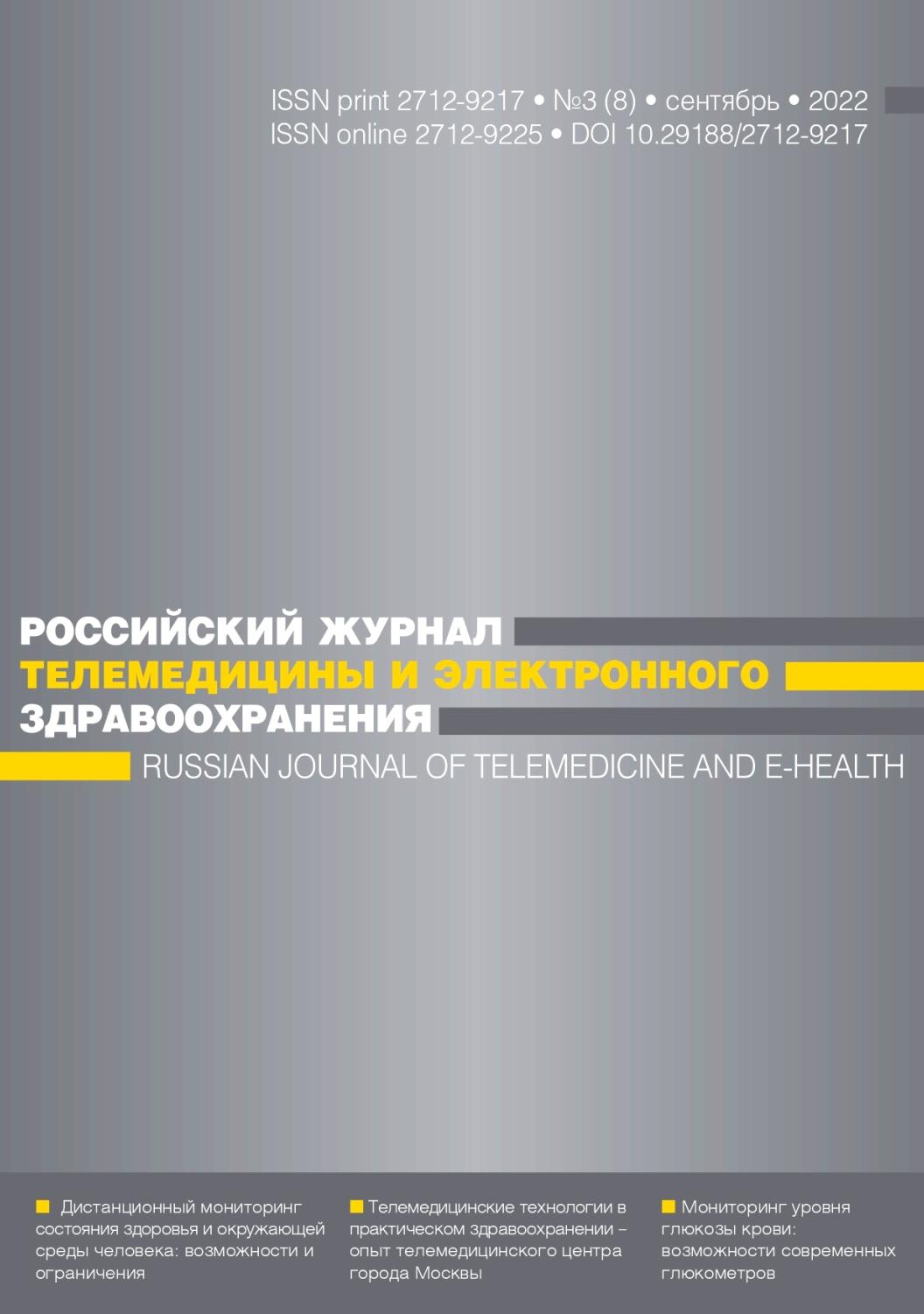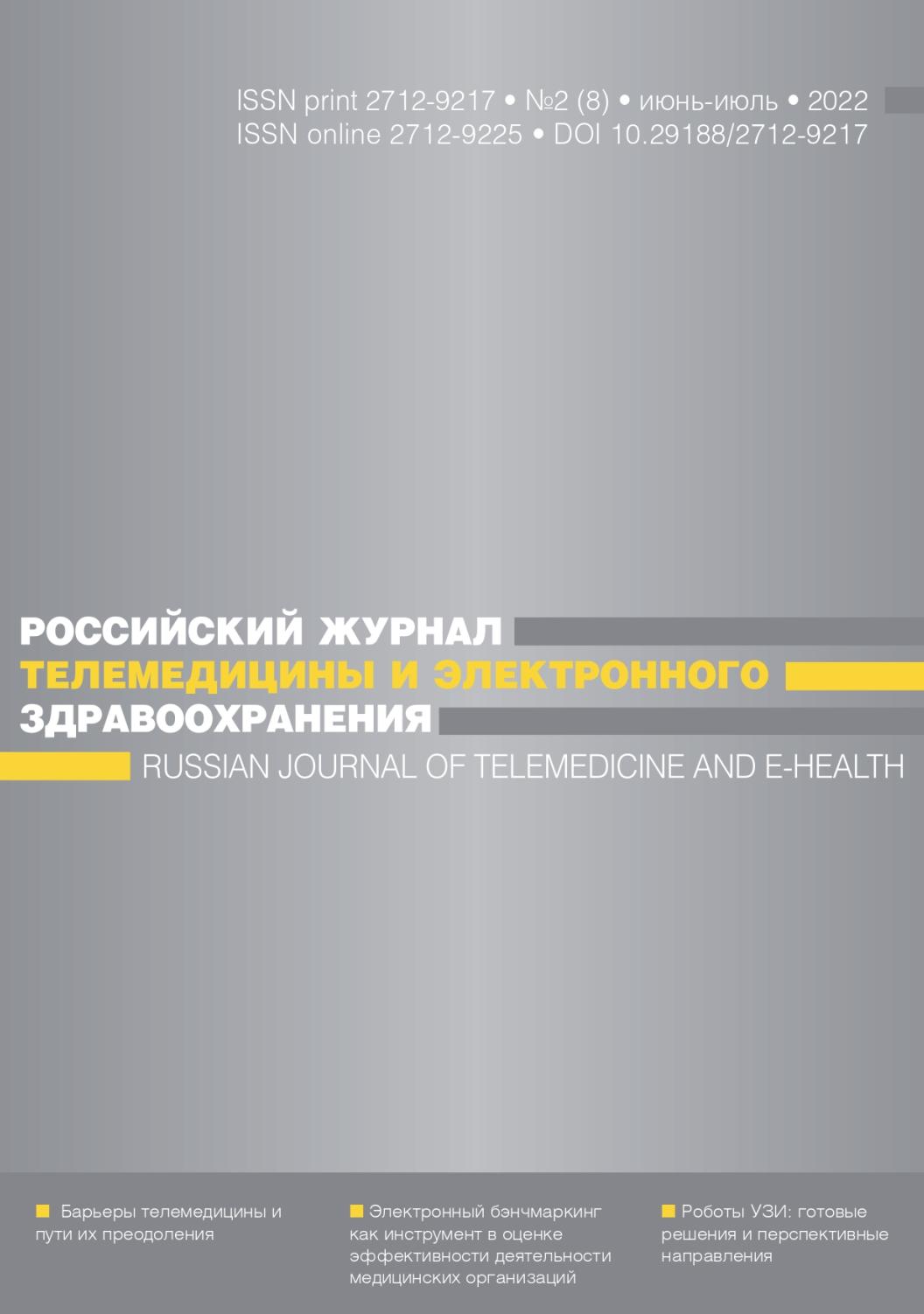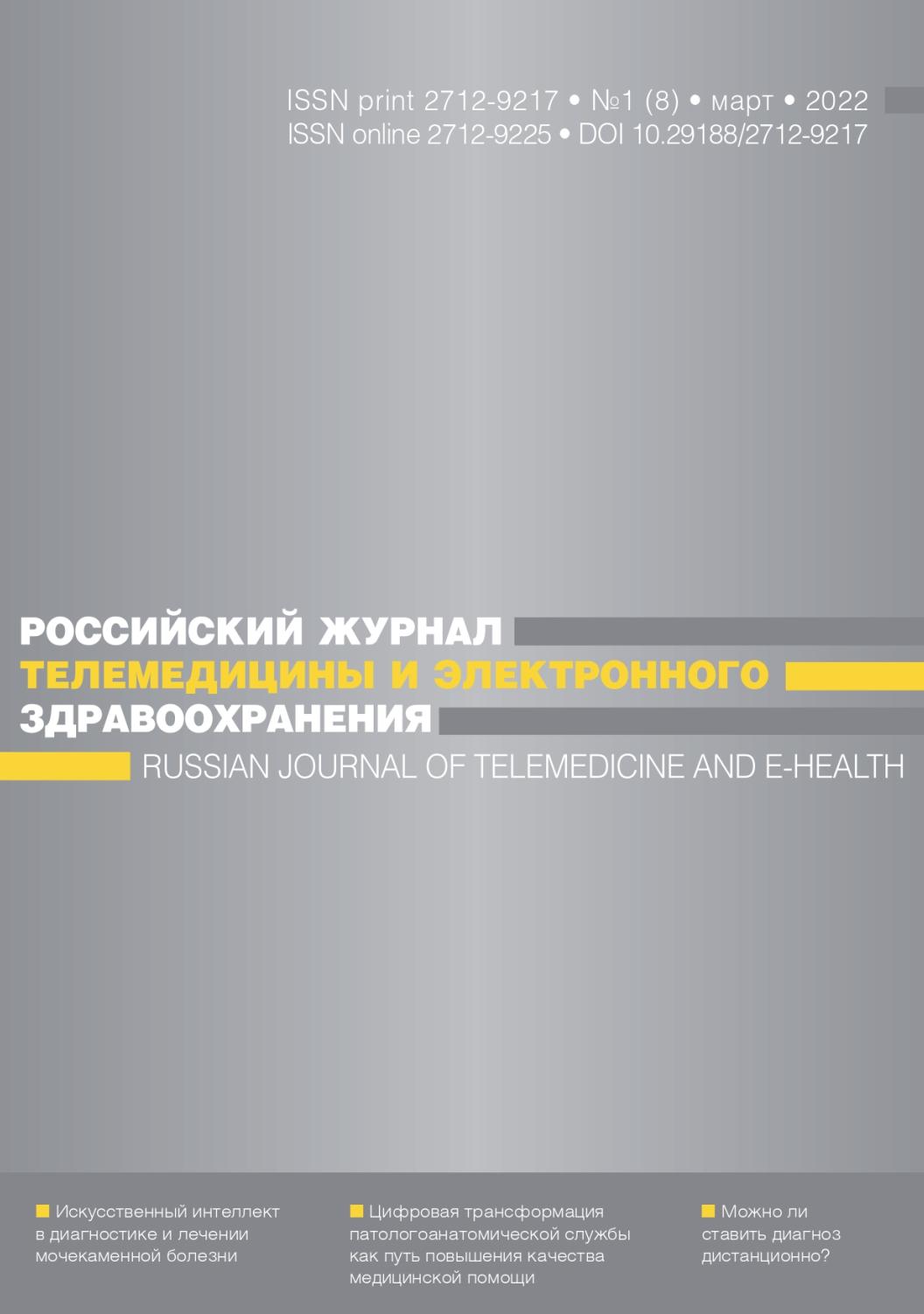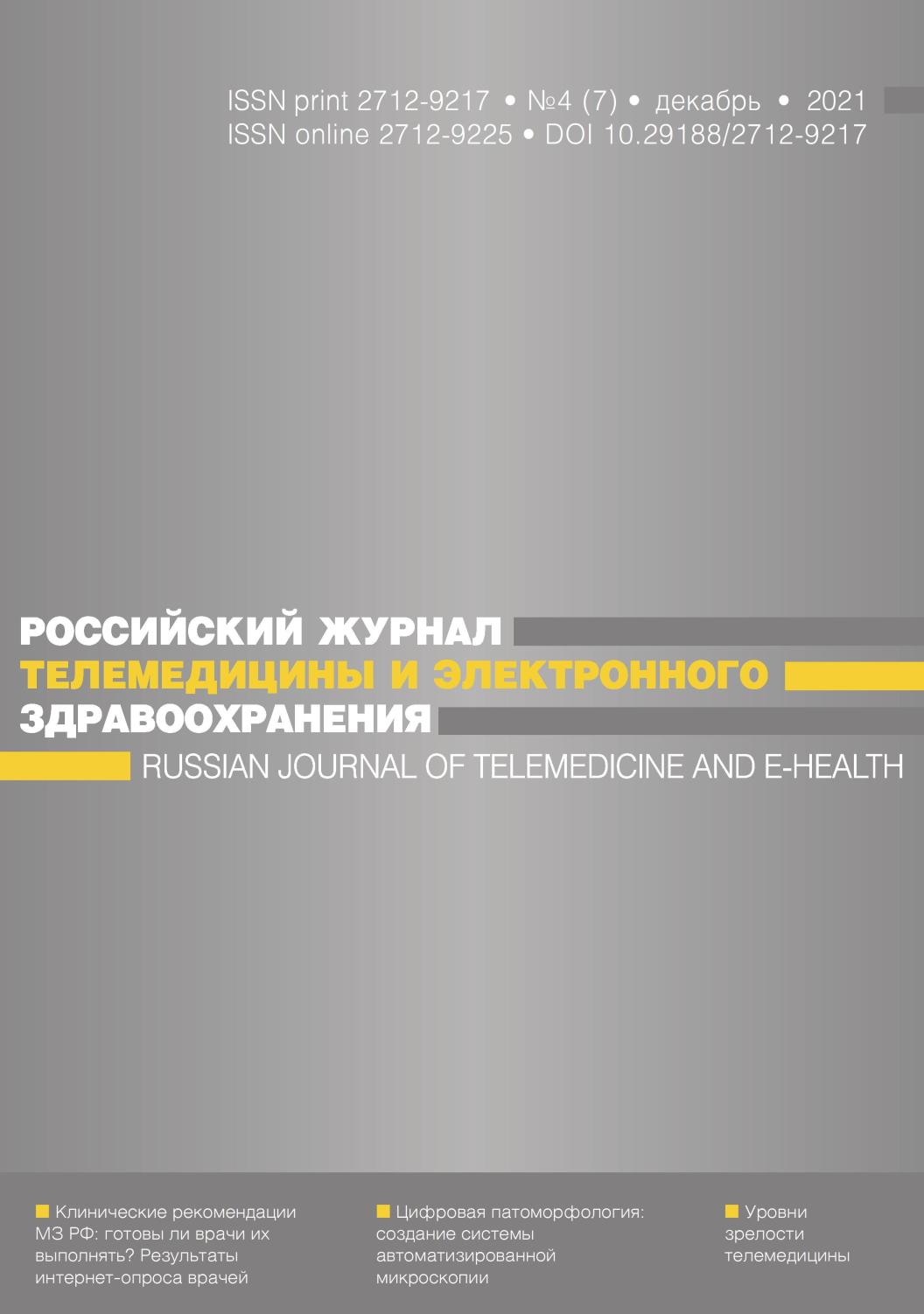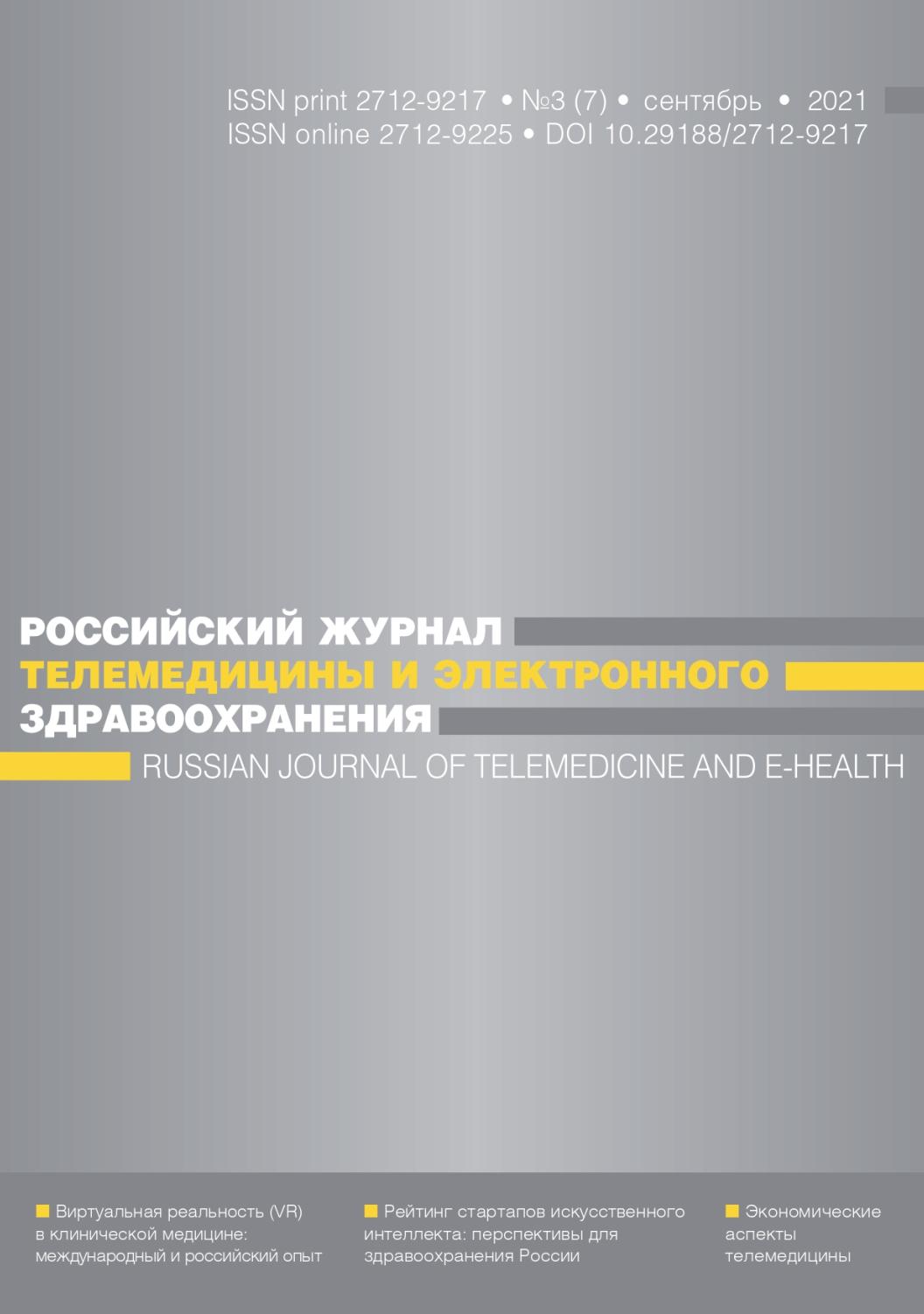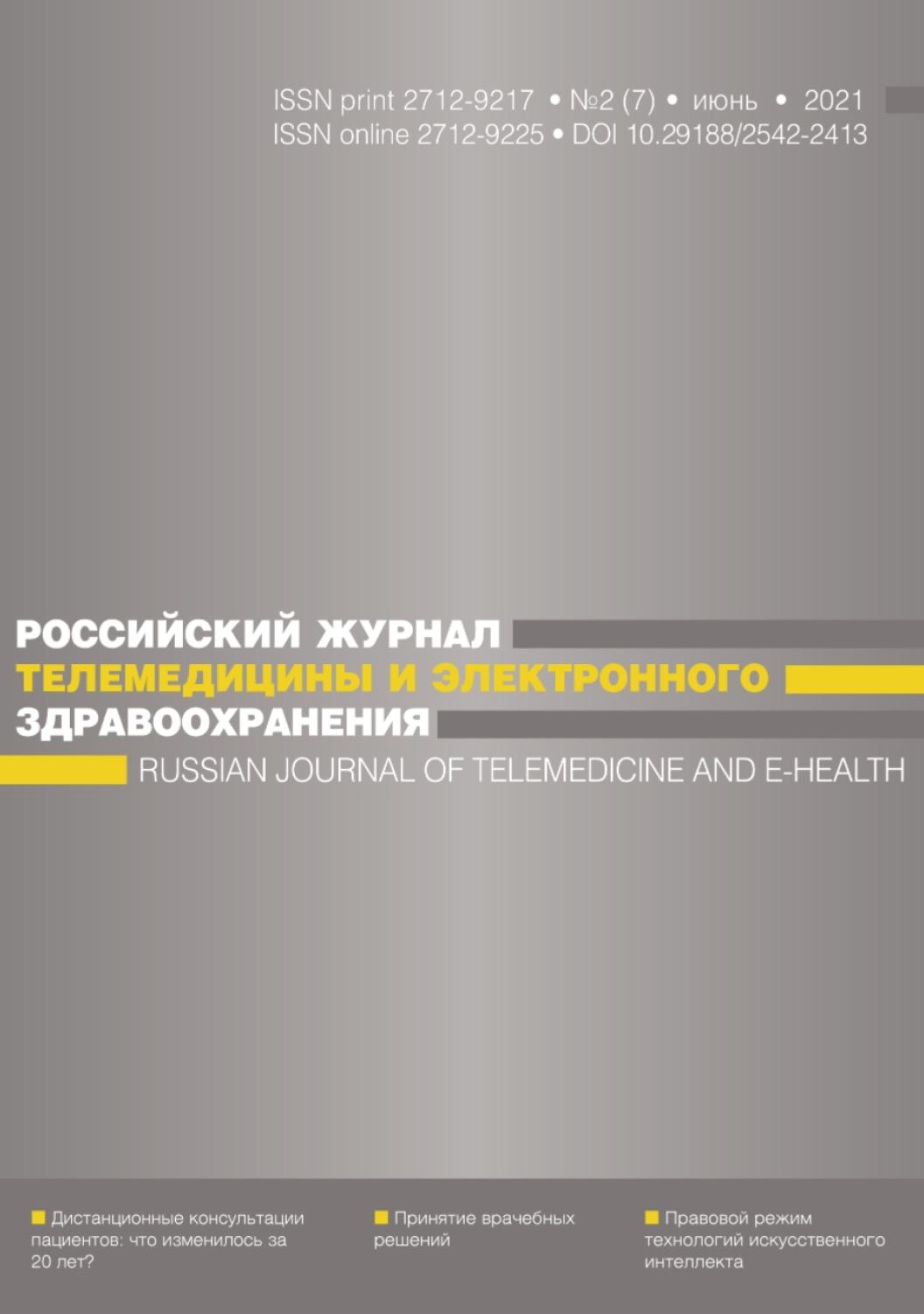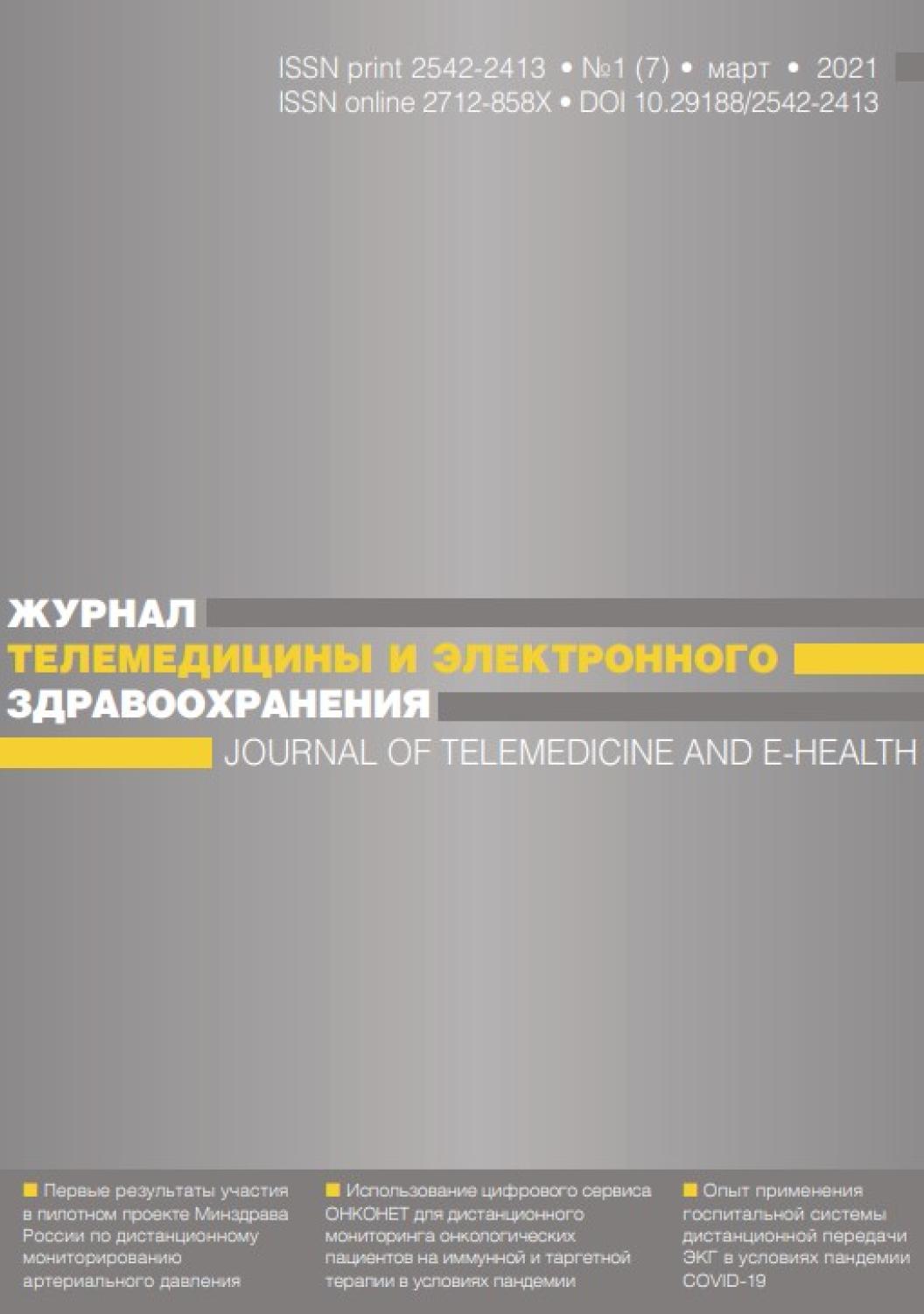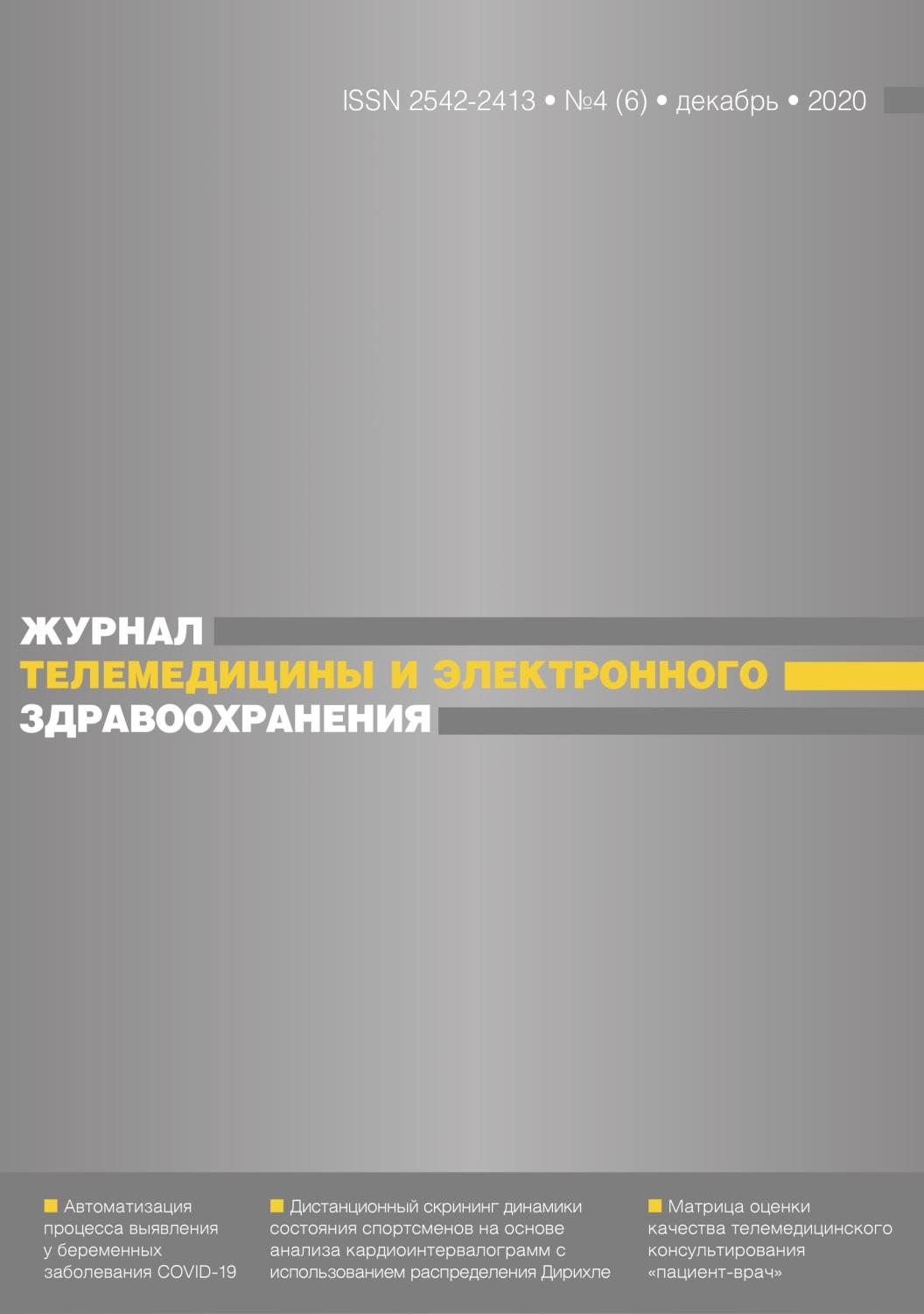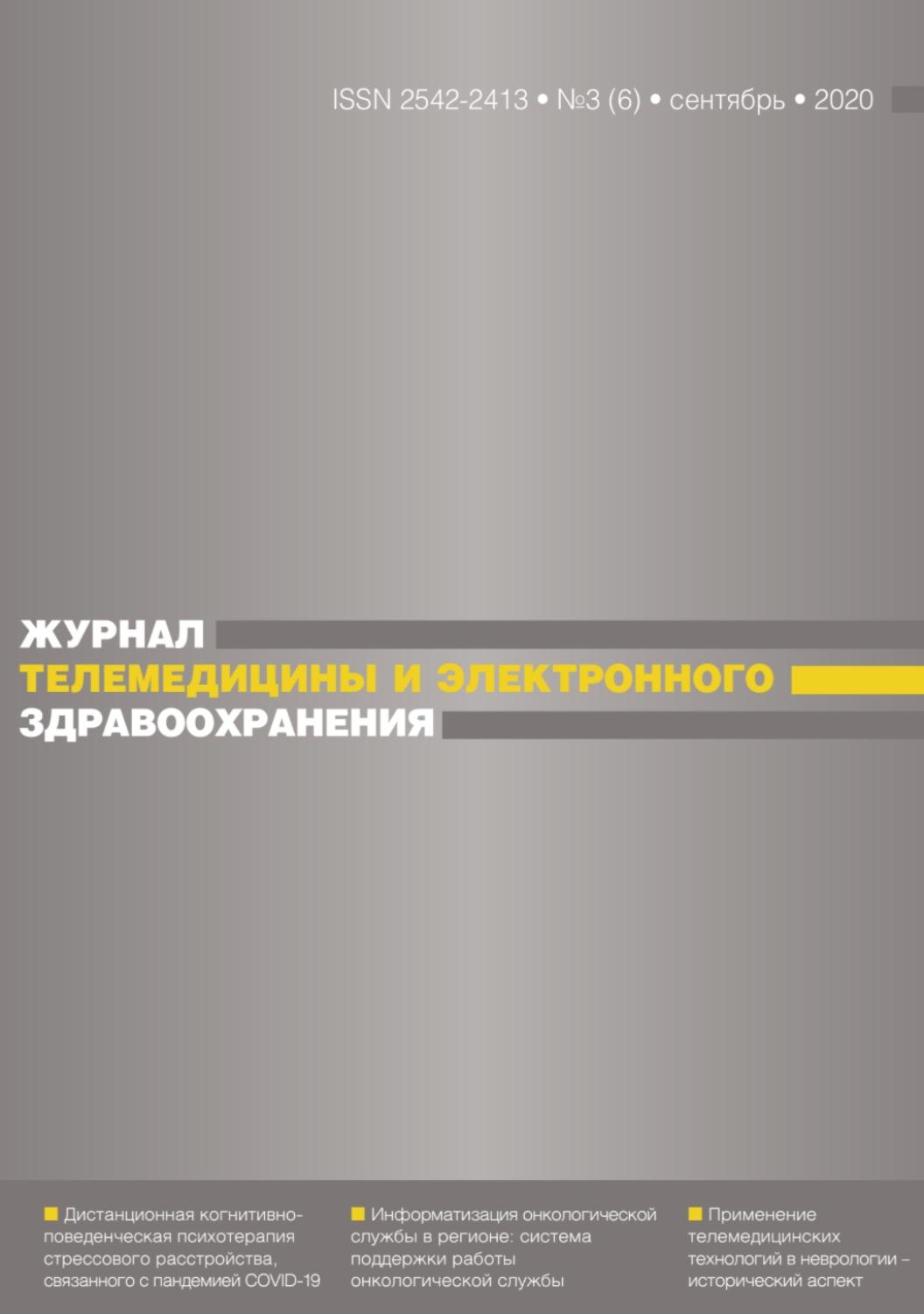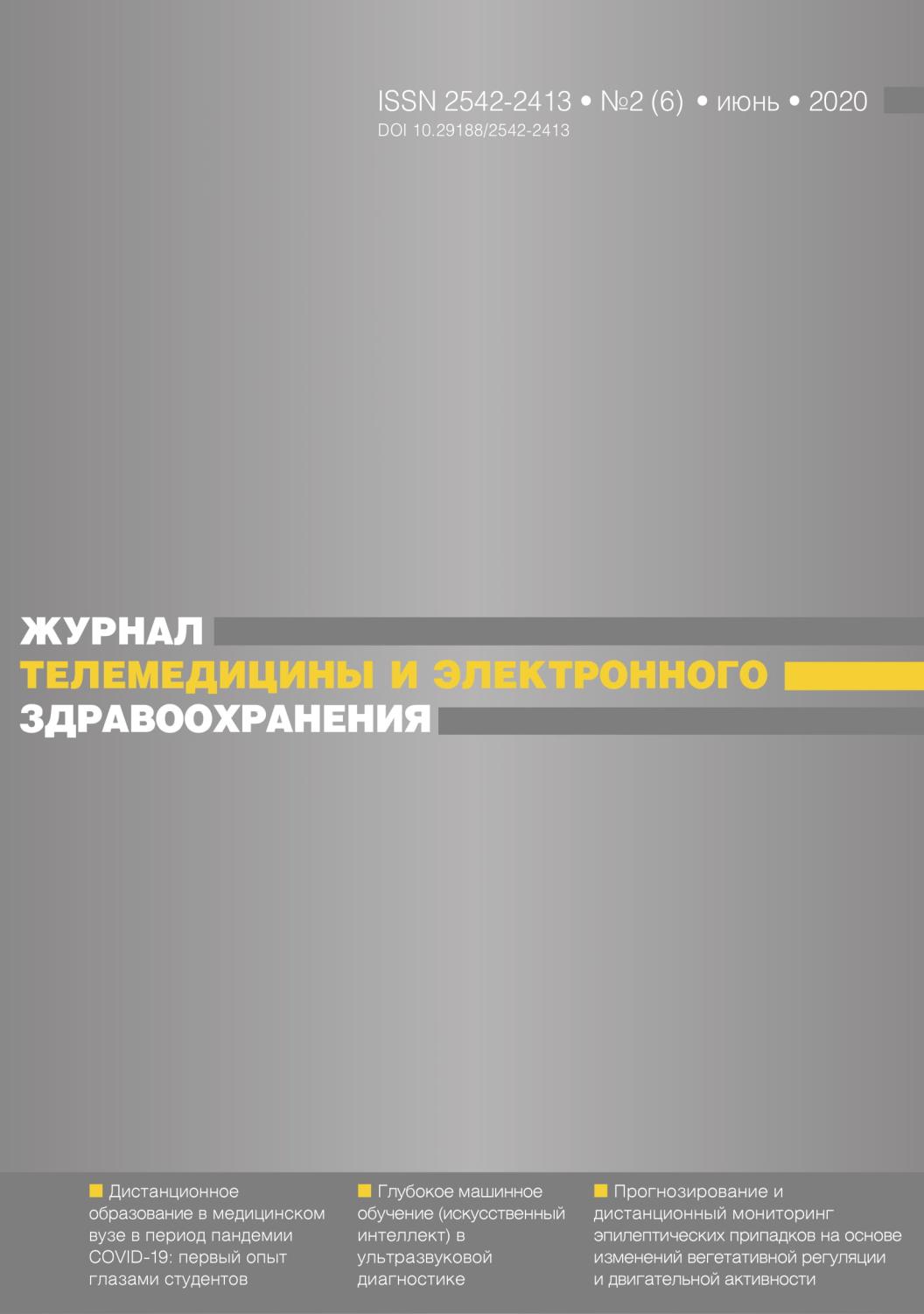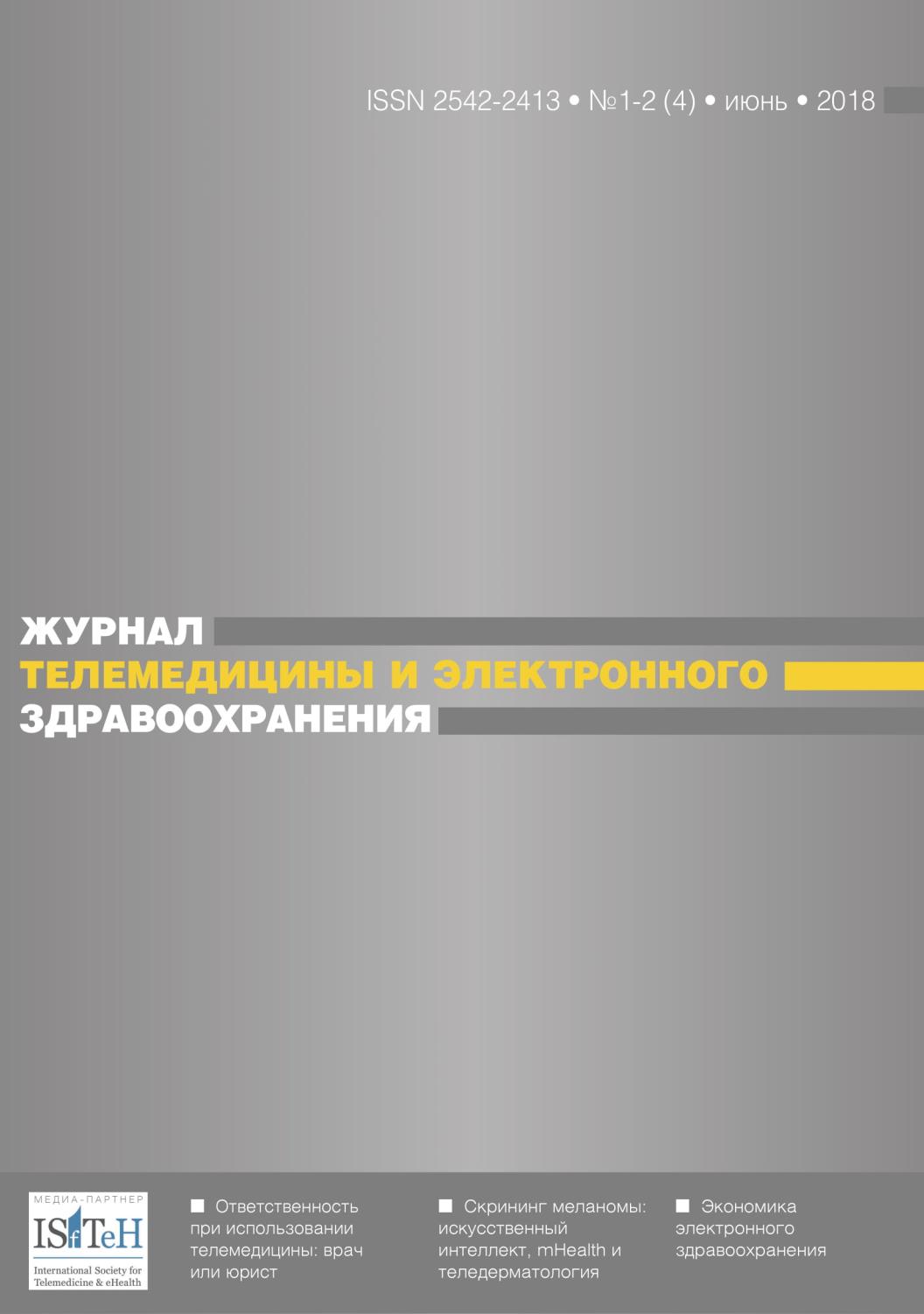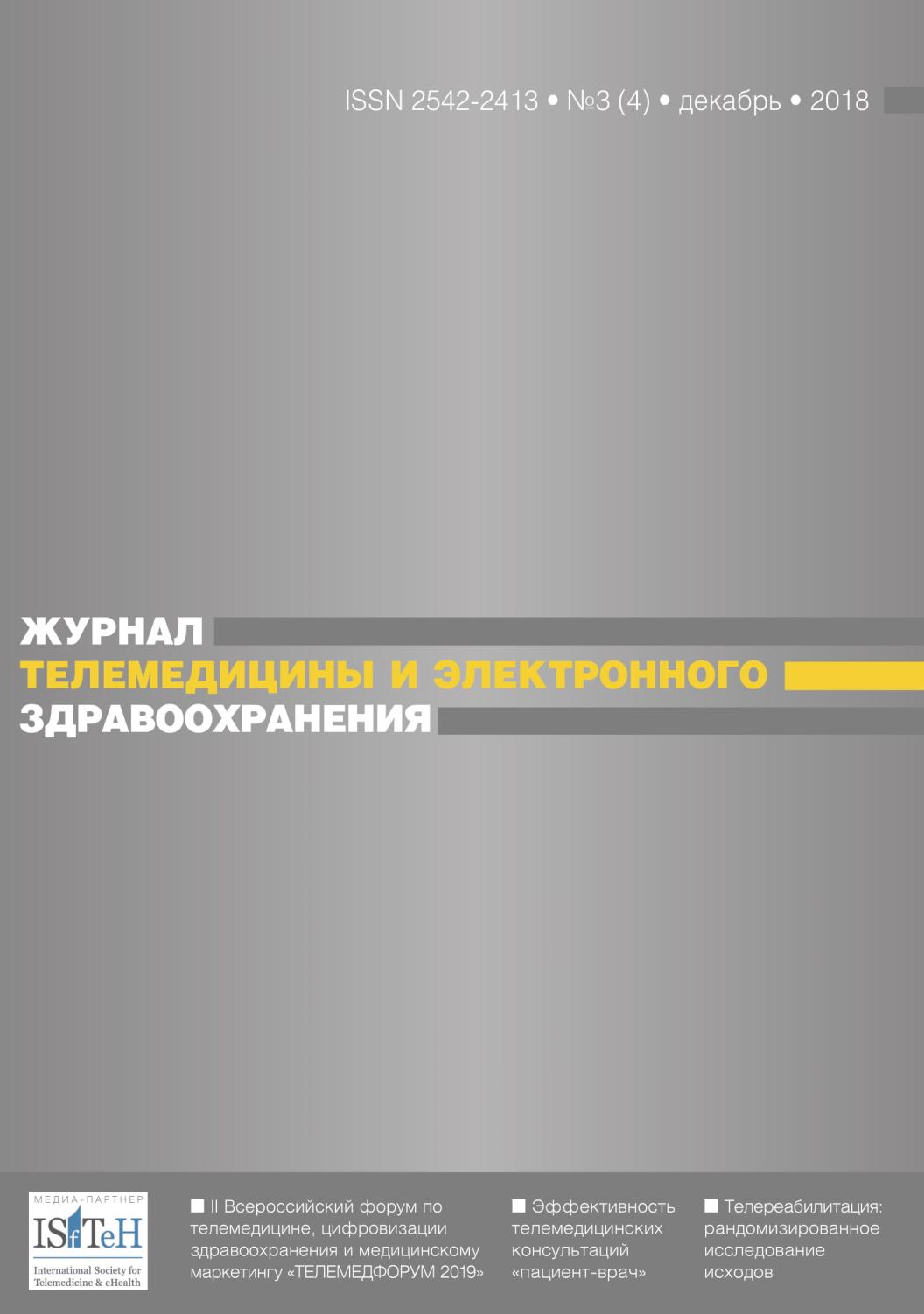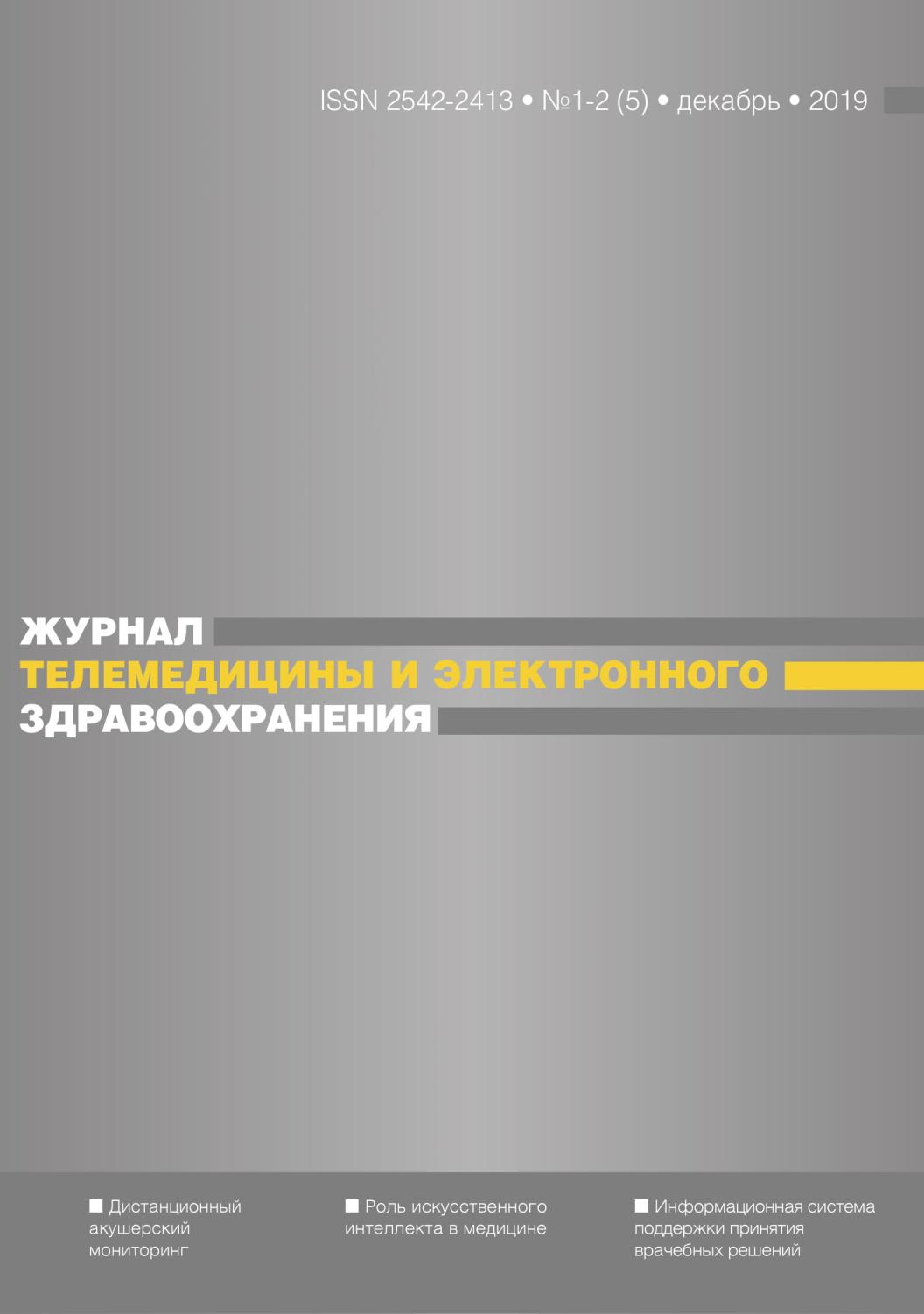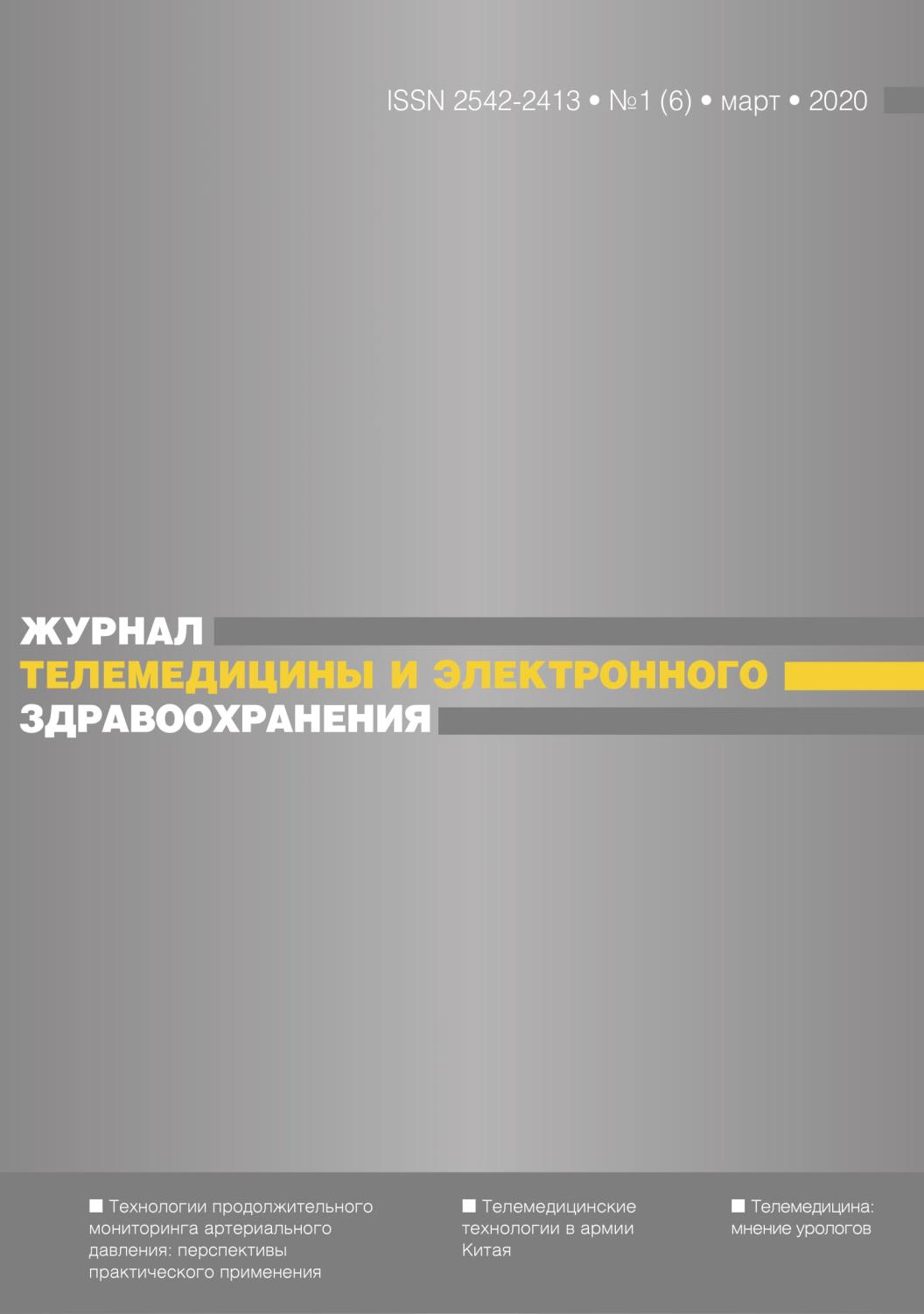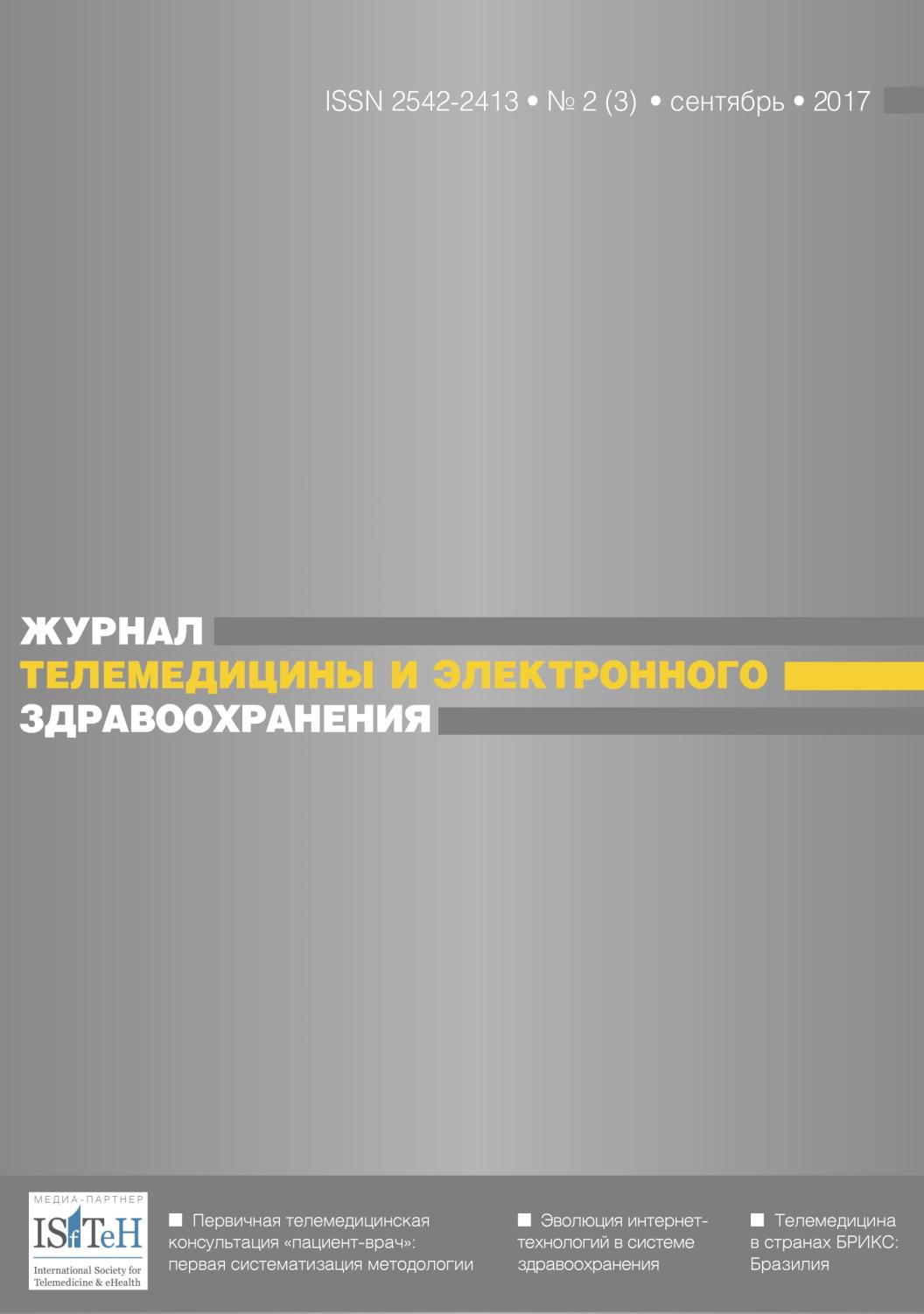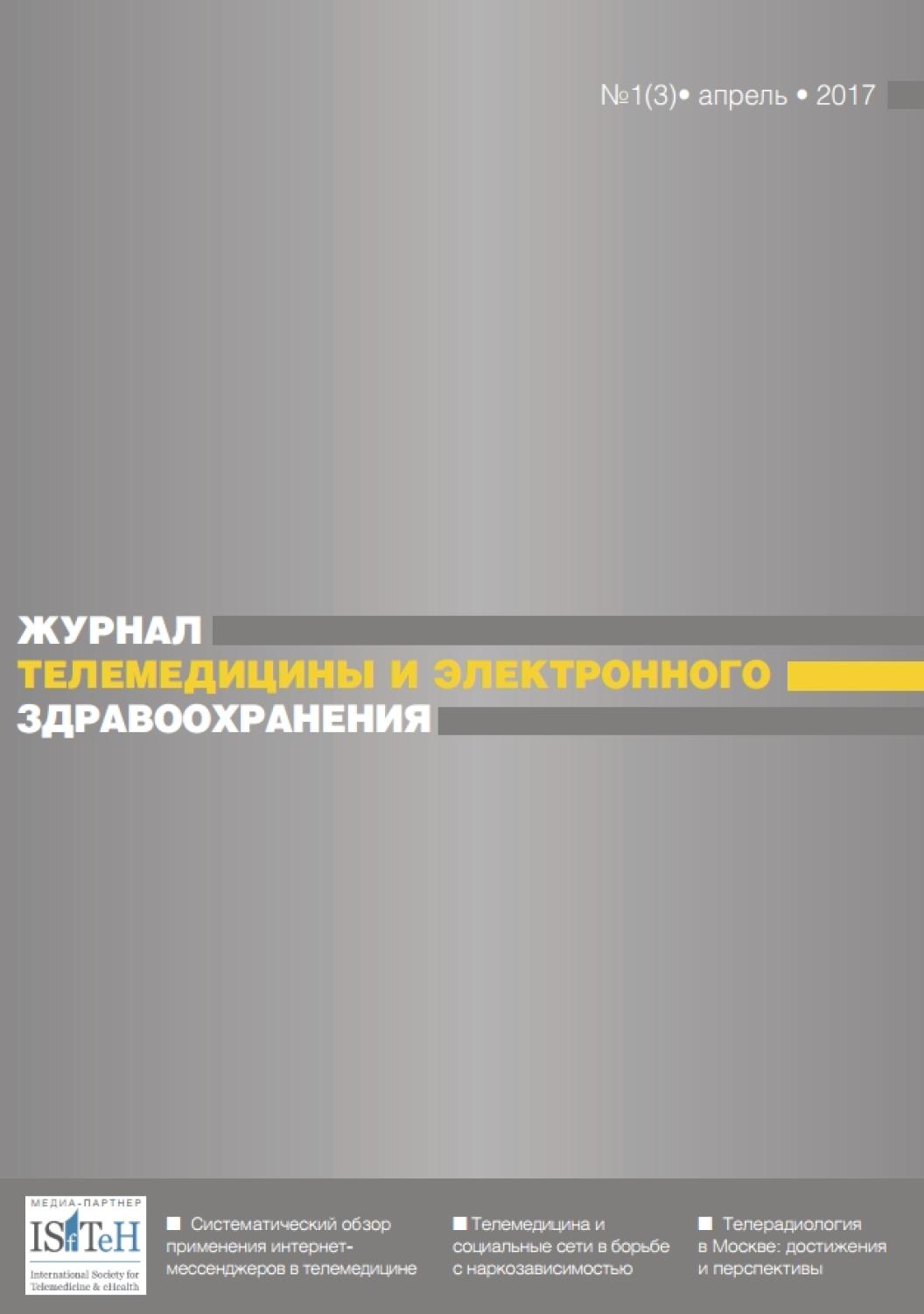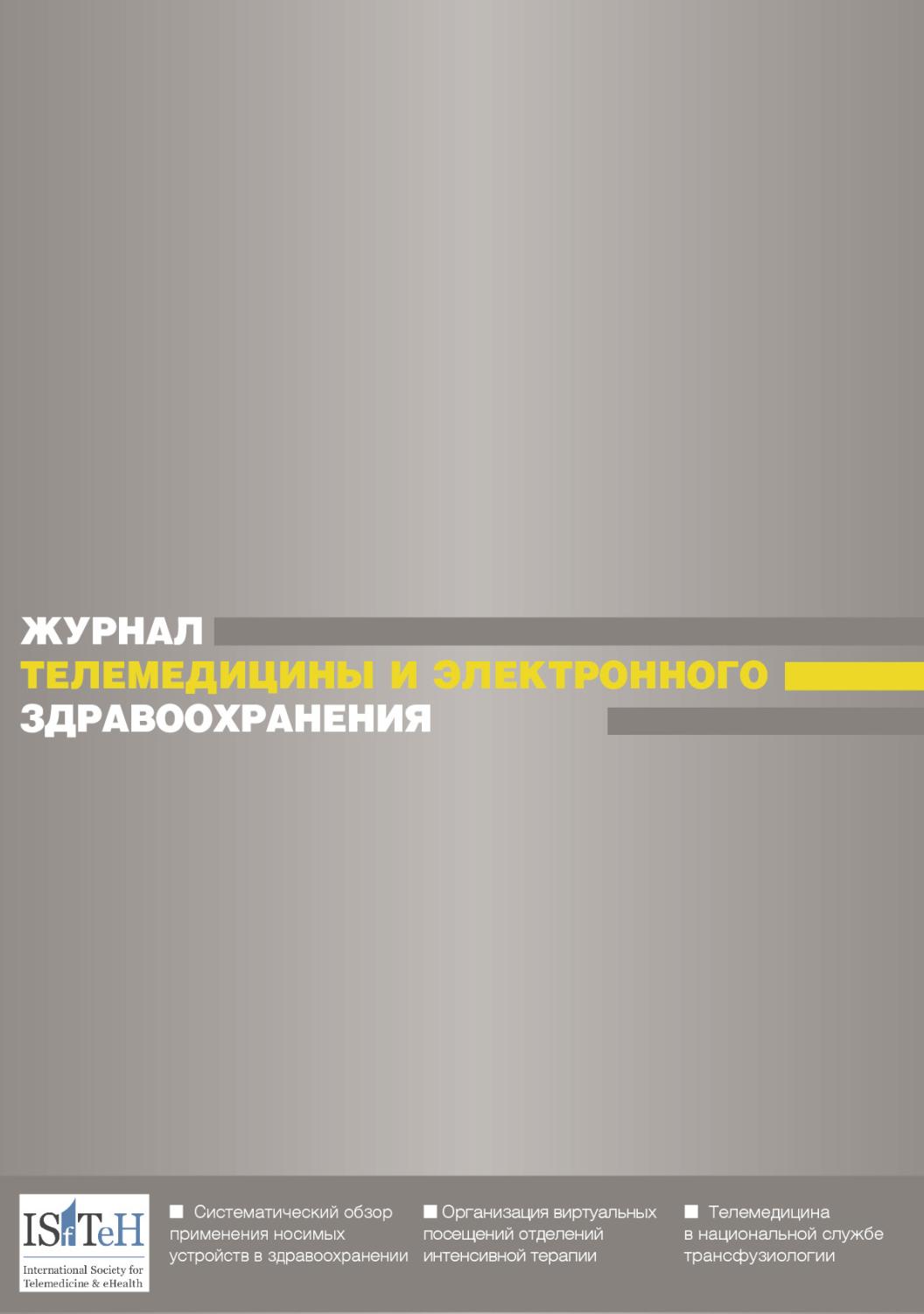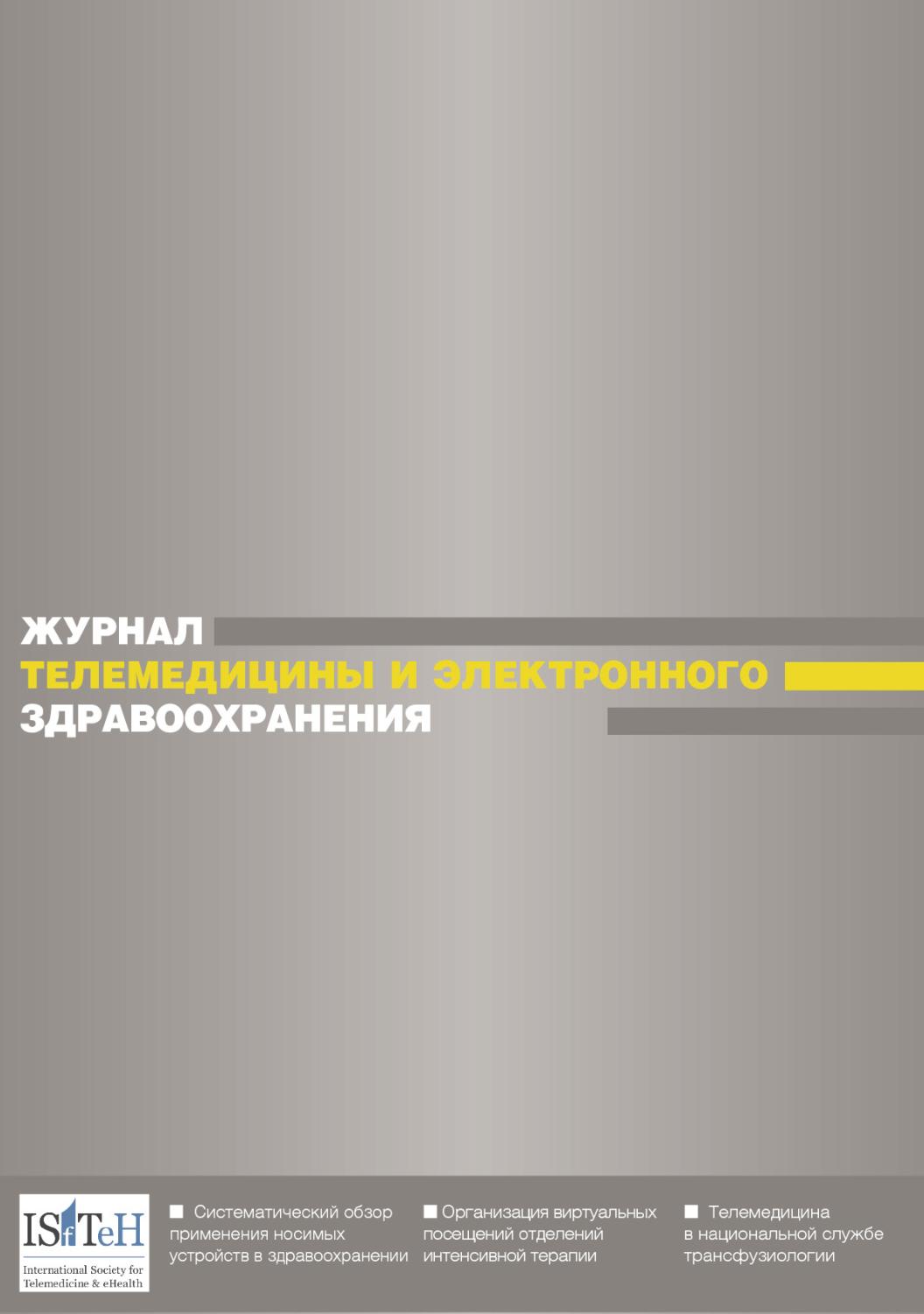Introduction. Medical information systems (MIS) are becoming increasingly important in modern healthcare.
Materials and methods. The search, analysis and systematization of publications in the eLibrary and PubMed databases were carried out using keywords «MIS», «Medical Information System», «Pharmacological information System», «Health informations ystem», «Hospital information system», «Pharmaceutical information system». The varieties of MIS, including pharmacological ones, are given. The advantages and disadvantages of the most used Russian MIS are analyzed. Their functionality is compared with those foreign analogues.
Results and discussion. As a result of the analysis of publications, the historical aspects of the development of MIS in different countries are presented. Classification of MIS based on their technical design and functionality is proposed. A number of problems faced by developers and consumers of MIS are outlined. The characteristics of the MIS, the most commonly used at present in the Russian Federation, are given. A number of disadvantages characteristic of the implemented information systems and the approach to their application, as well as the benefits for the medical organizations from their implementation are noted.
Conclusions. The formation of the MIS market in Russia occurred about a decade behind the Western countries, but today this process is gaining speed thanks to government initiatives as well as the efforts of software developers and healthcare organizers. This process is hindered by the lack of qualified personnel in the field of information technology and insufficient technical literacy of doctors. The introduction of MIS at the initial stage may be costly, but the costs can quickly pay off by improving the organization of internal processes, increasing the efficiency and coherence of the work of health care units.


